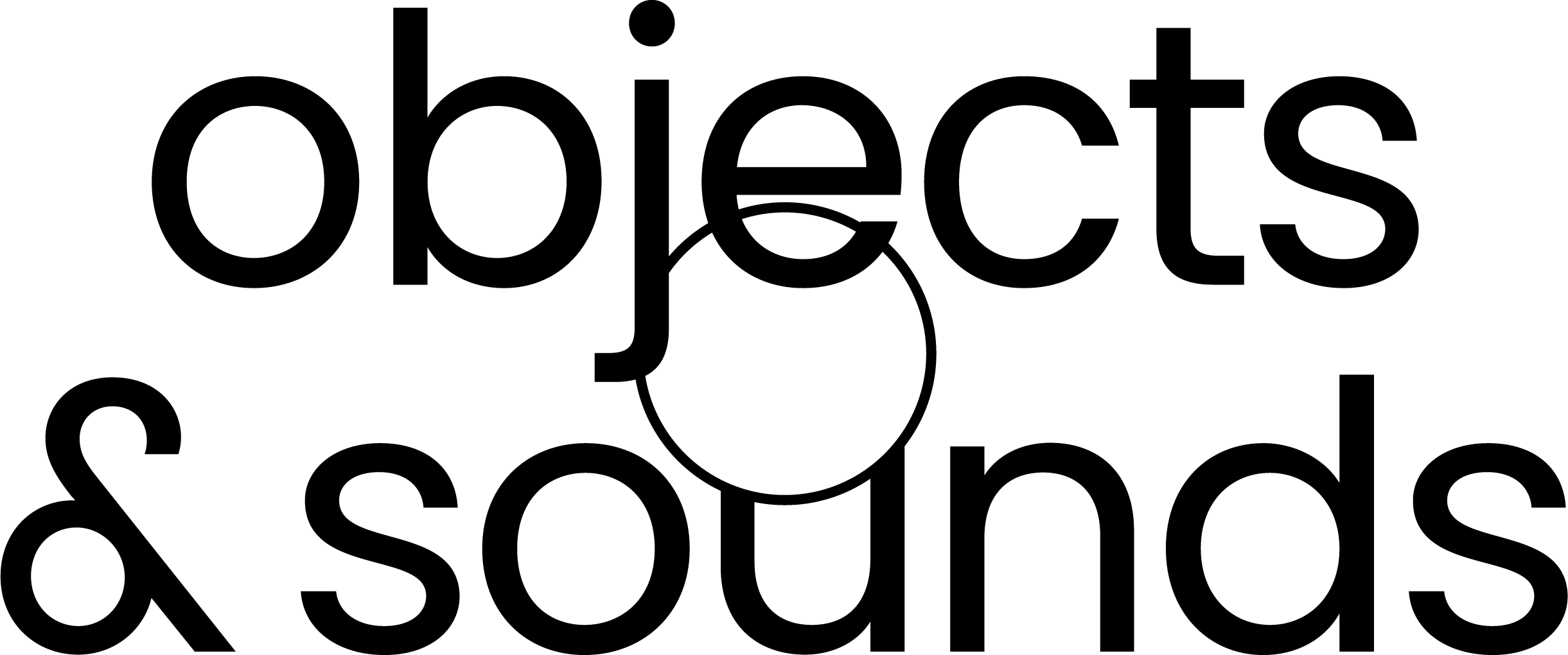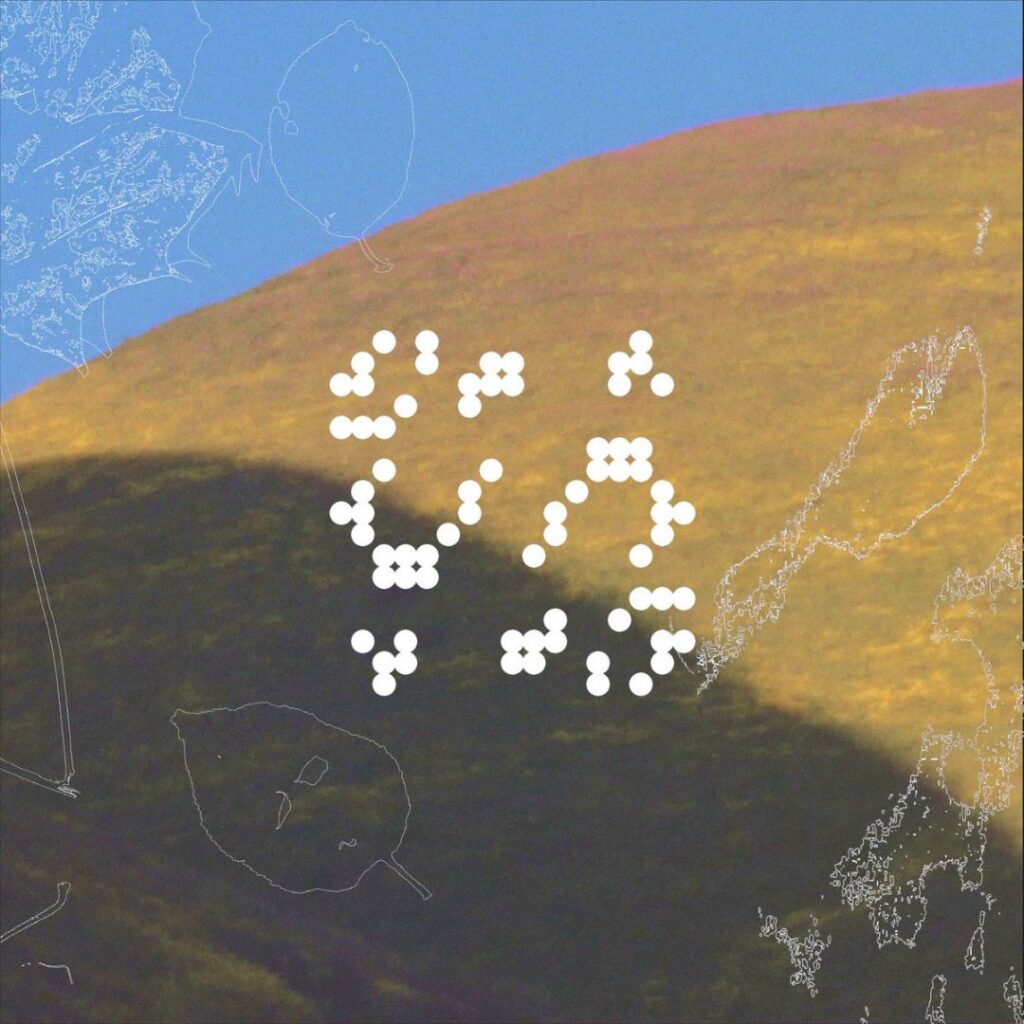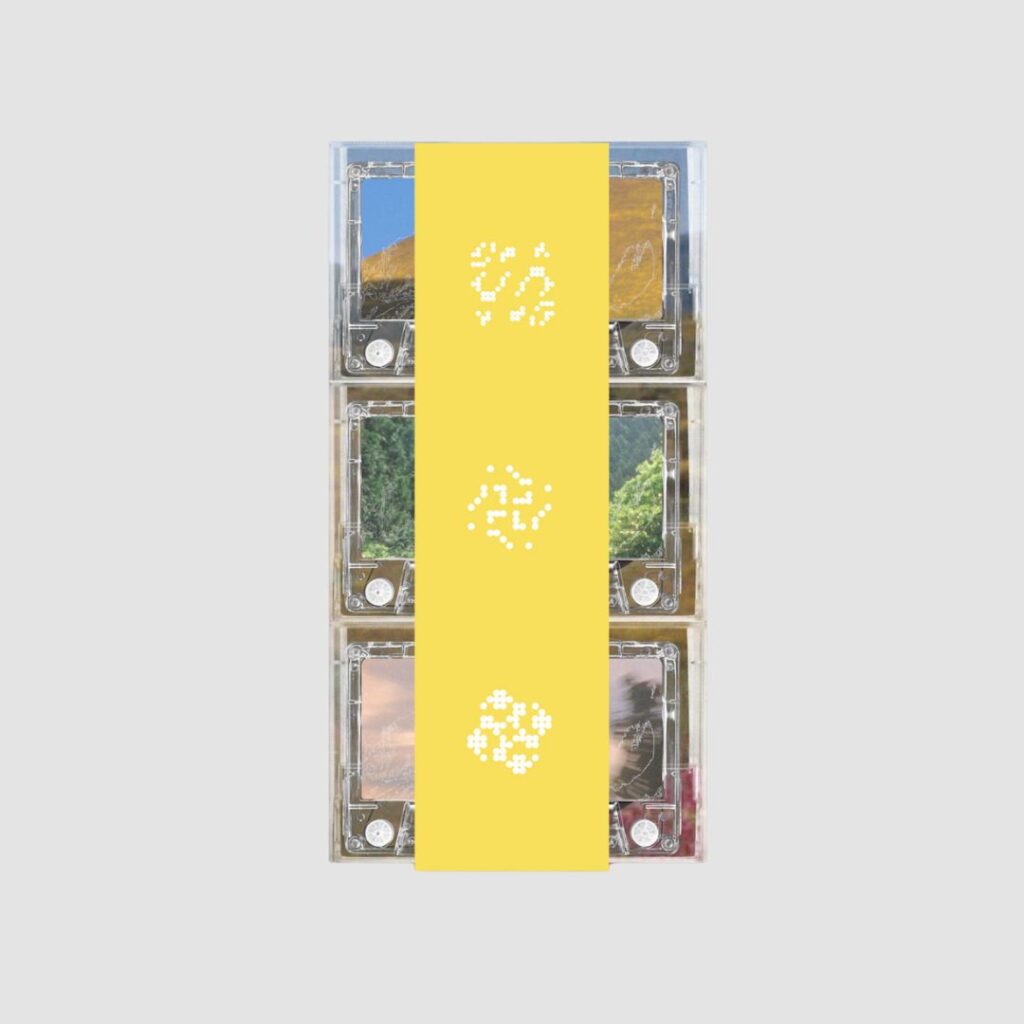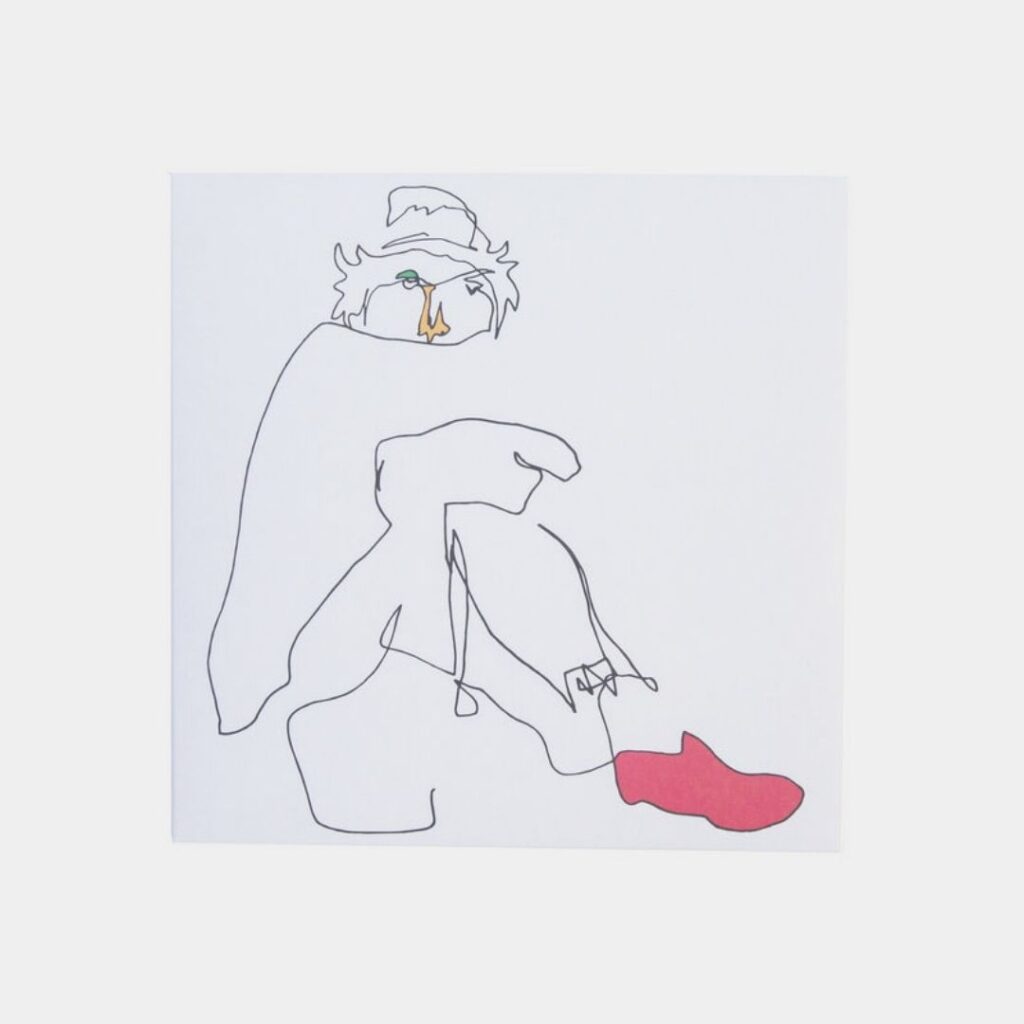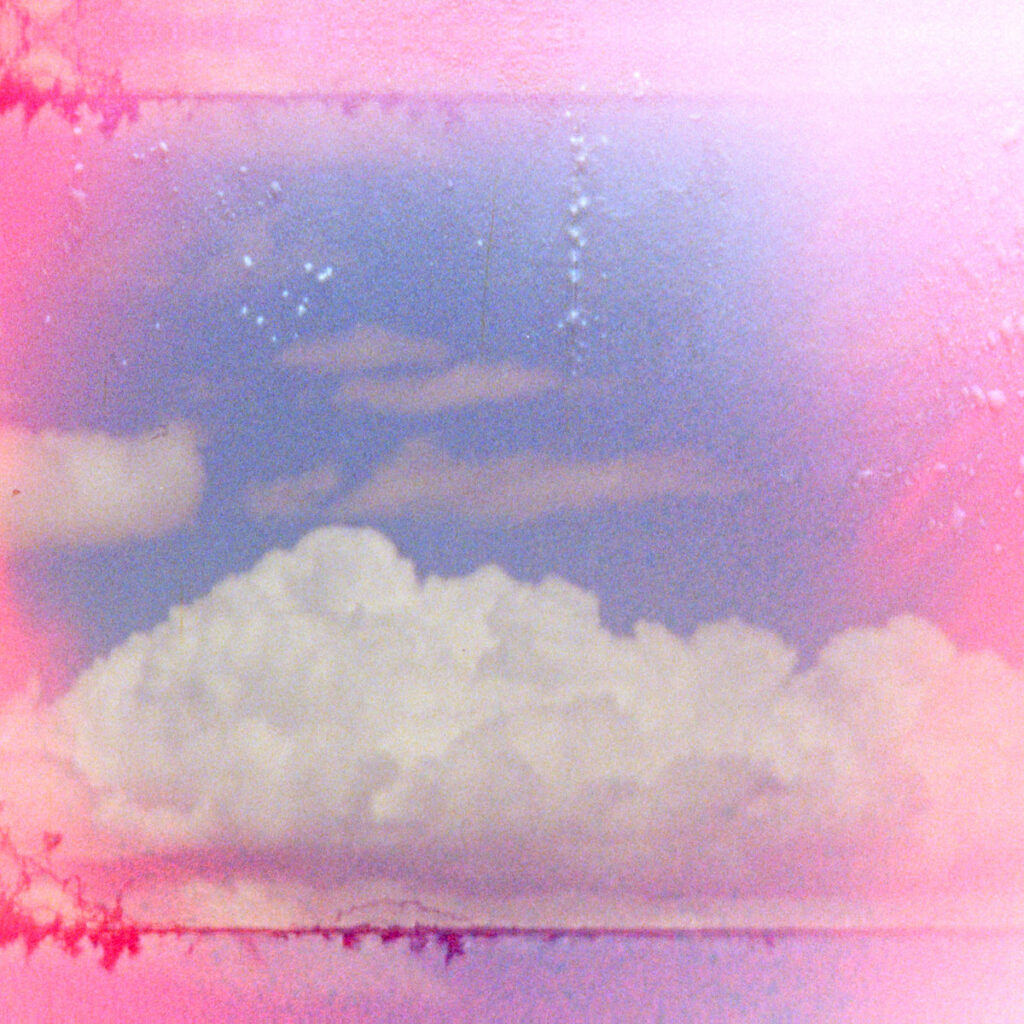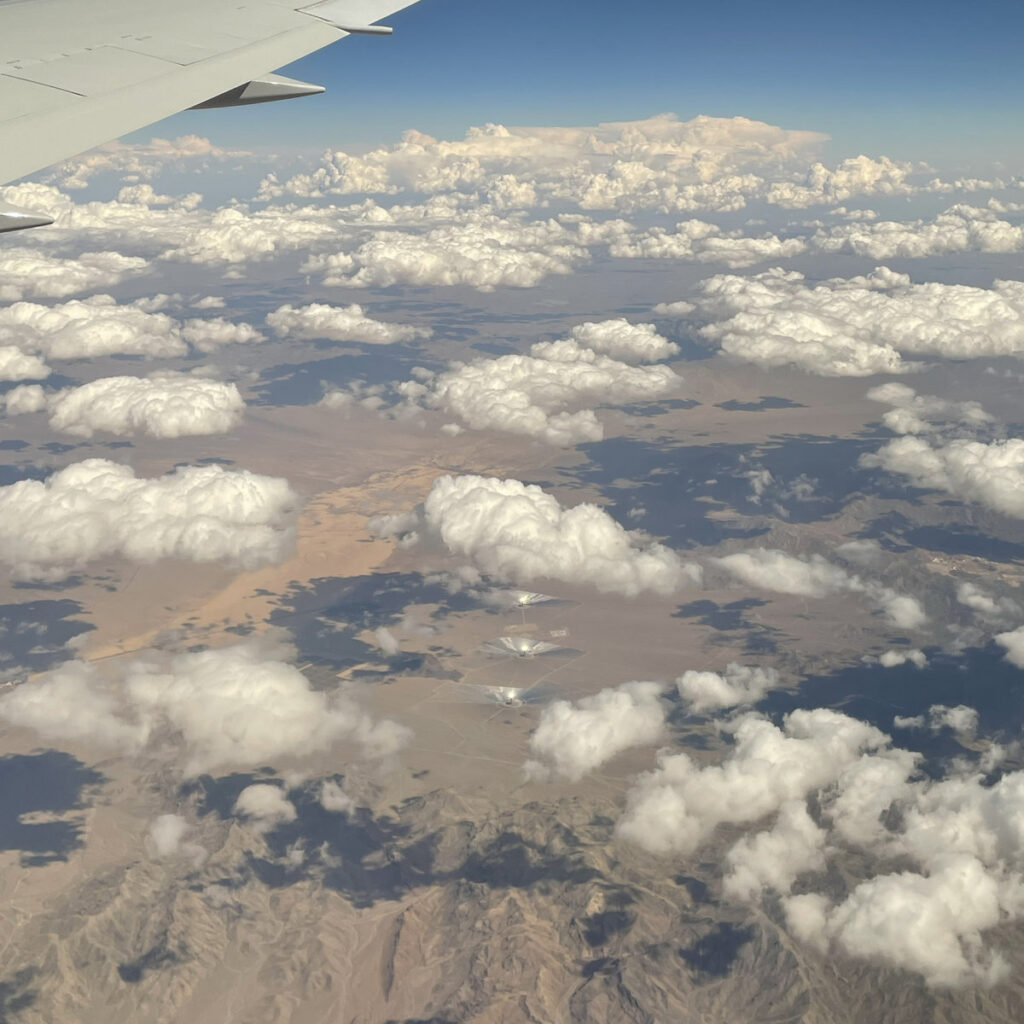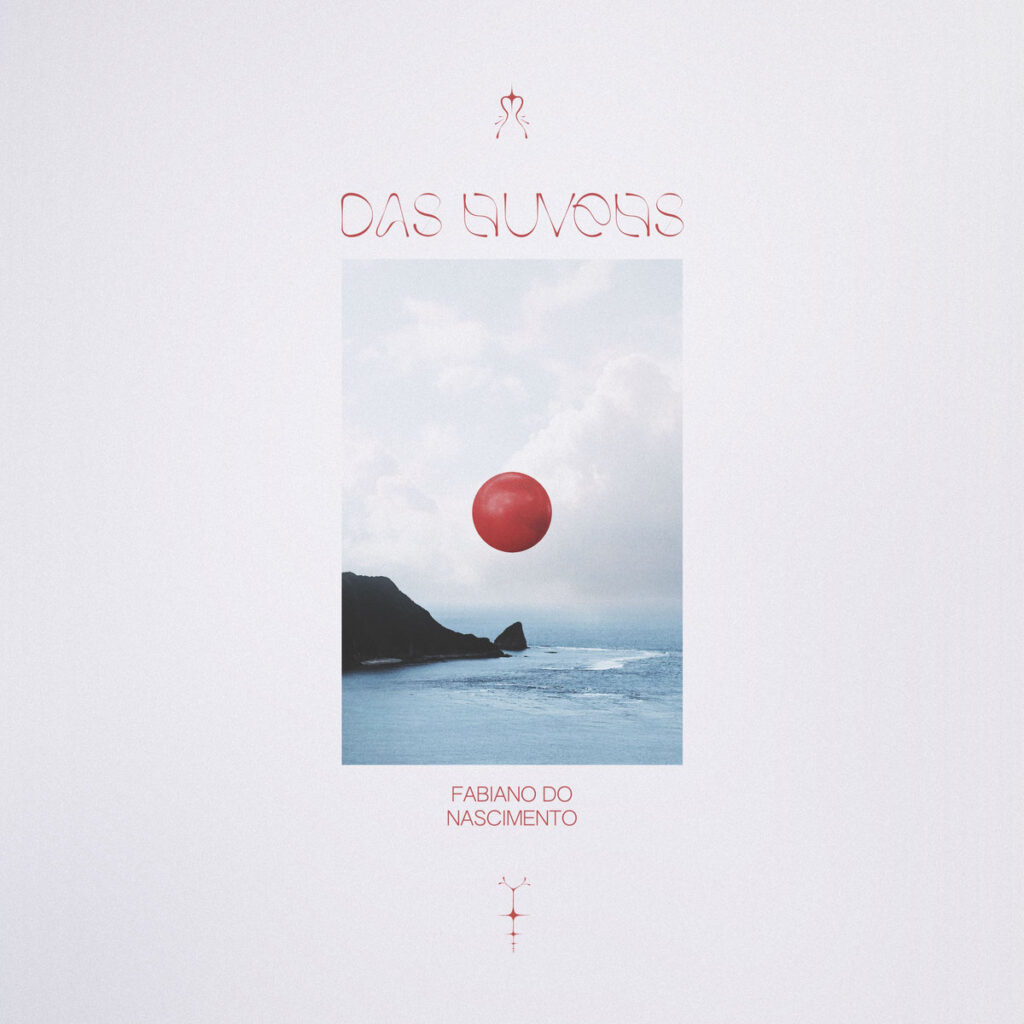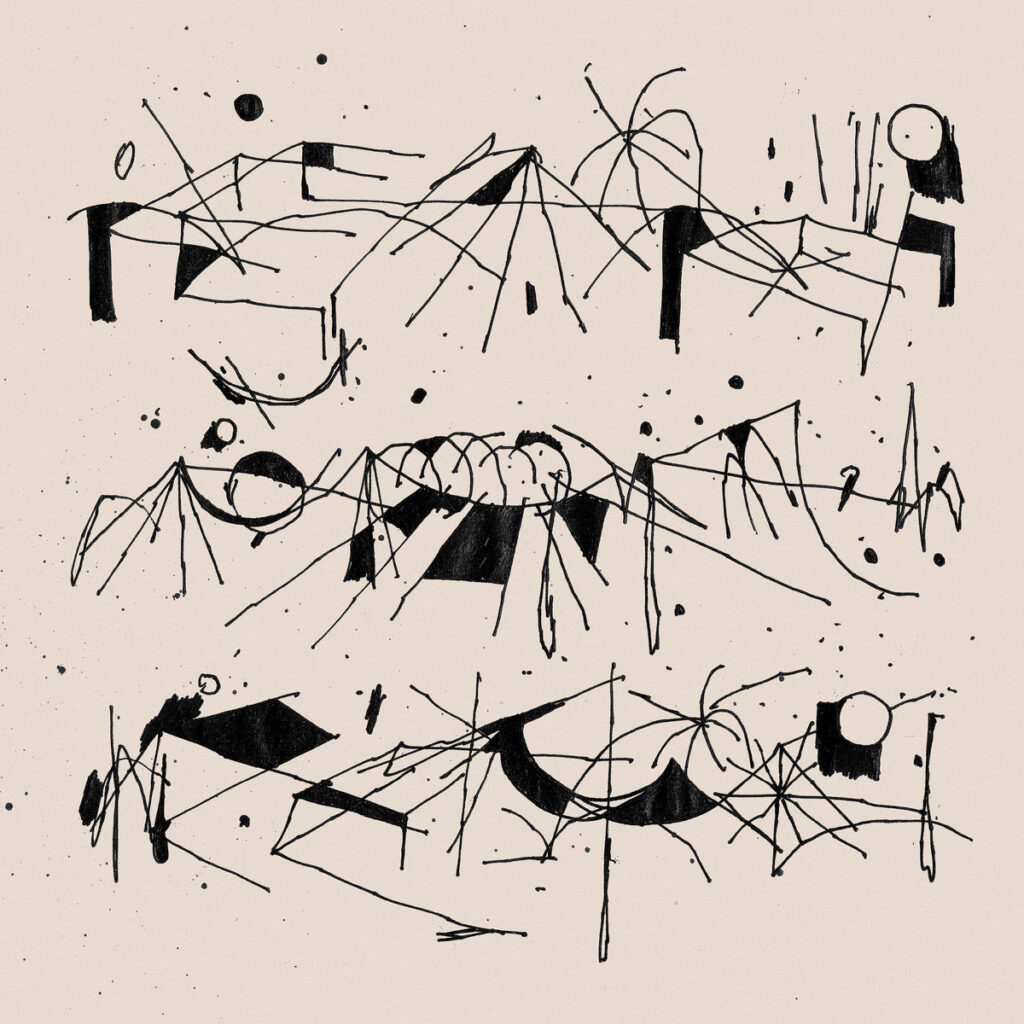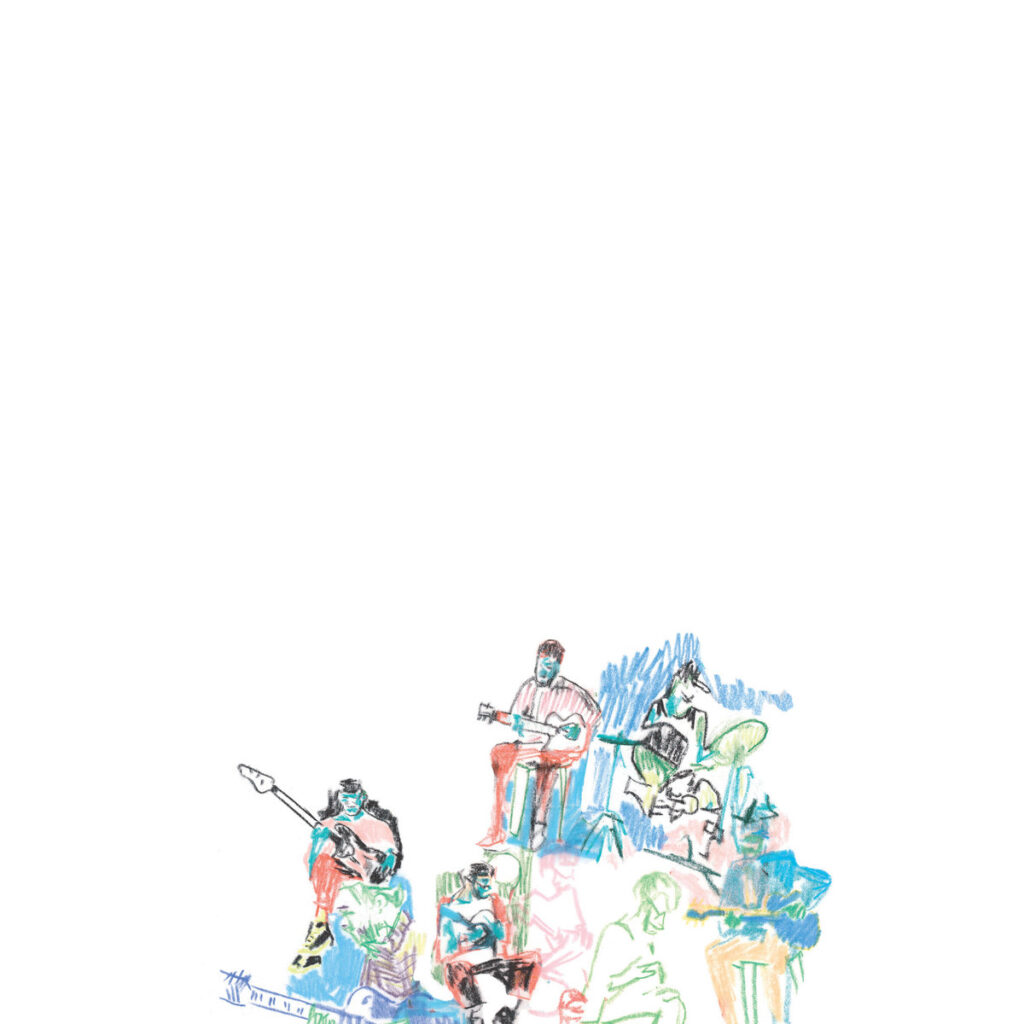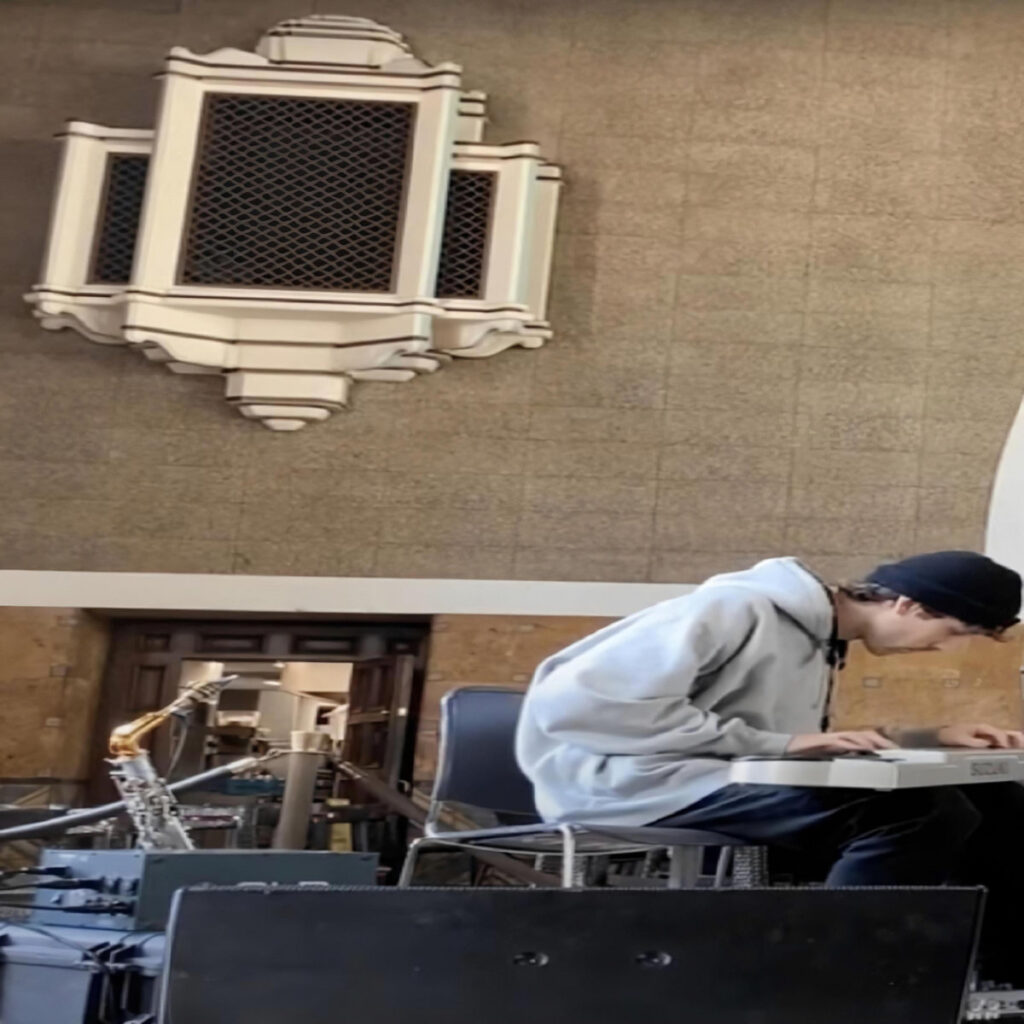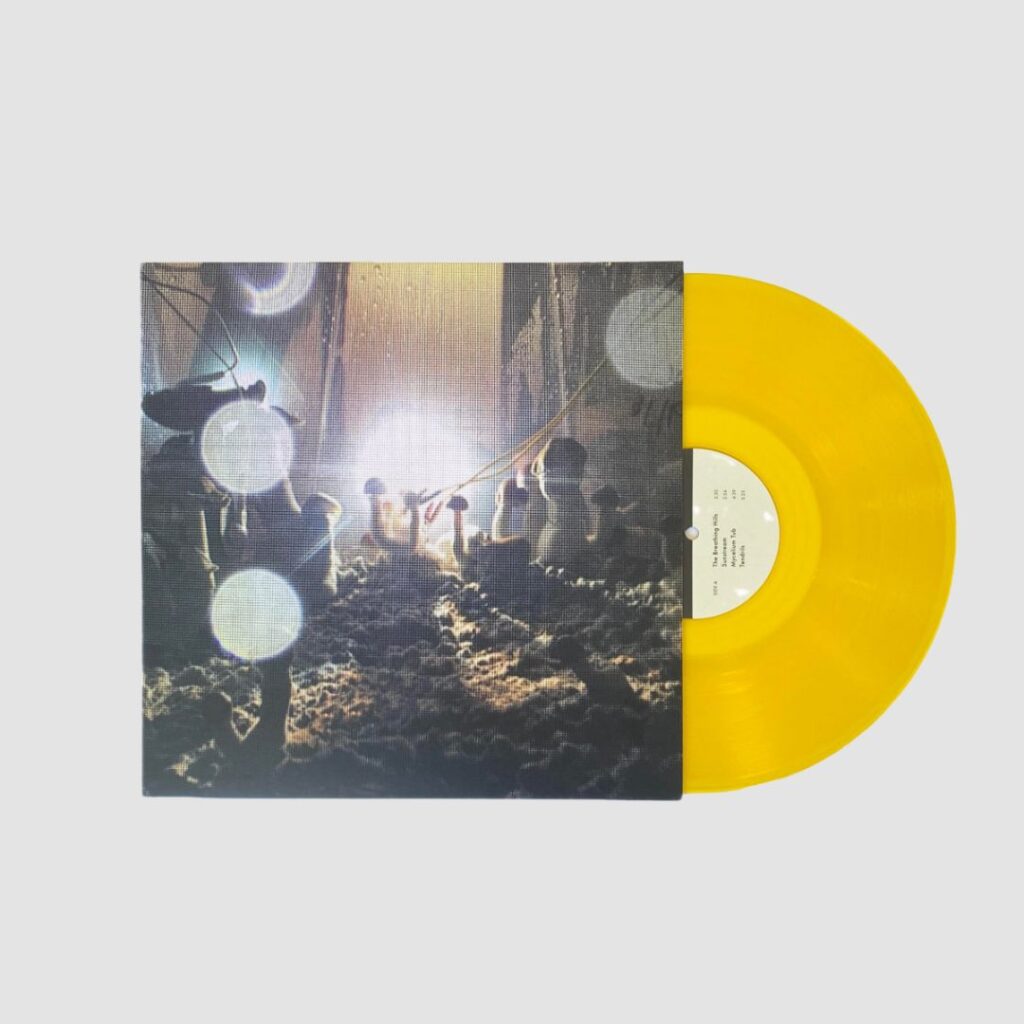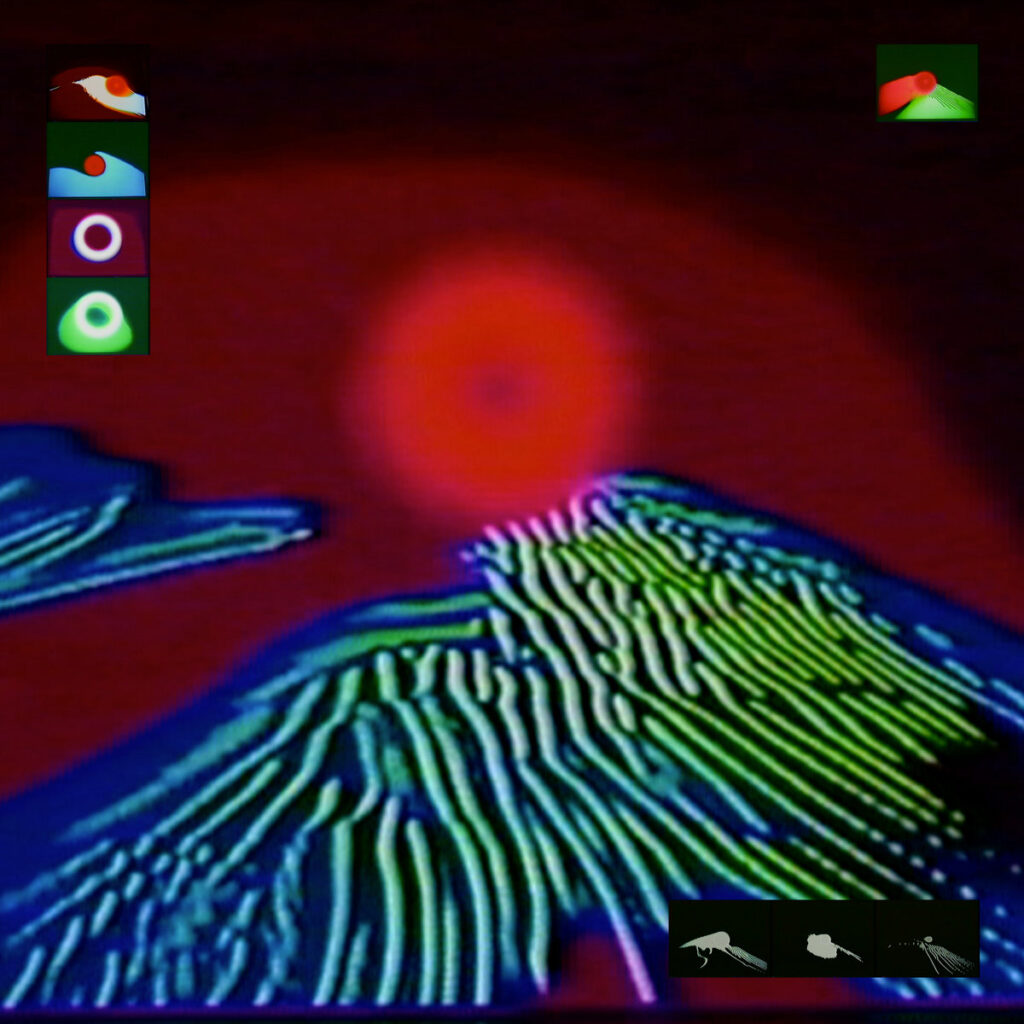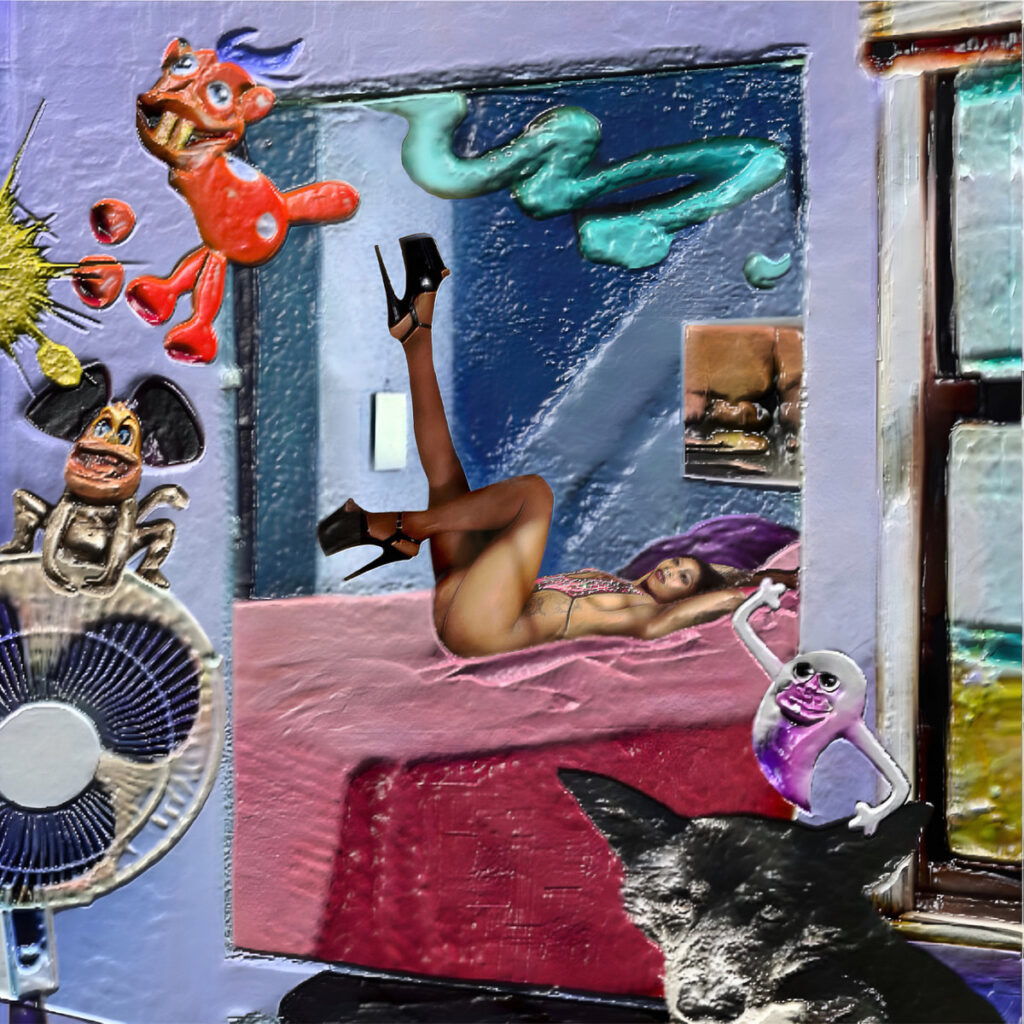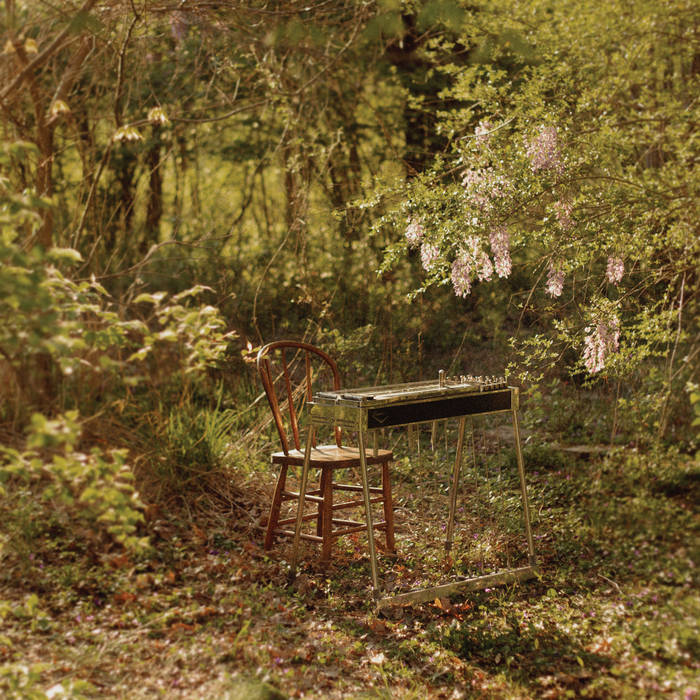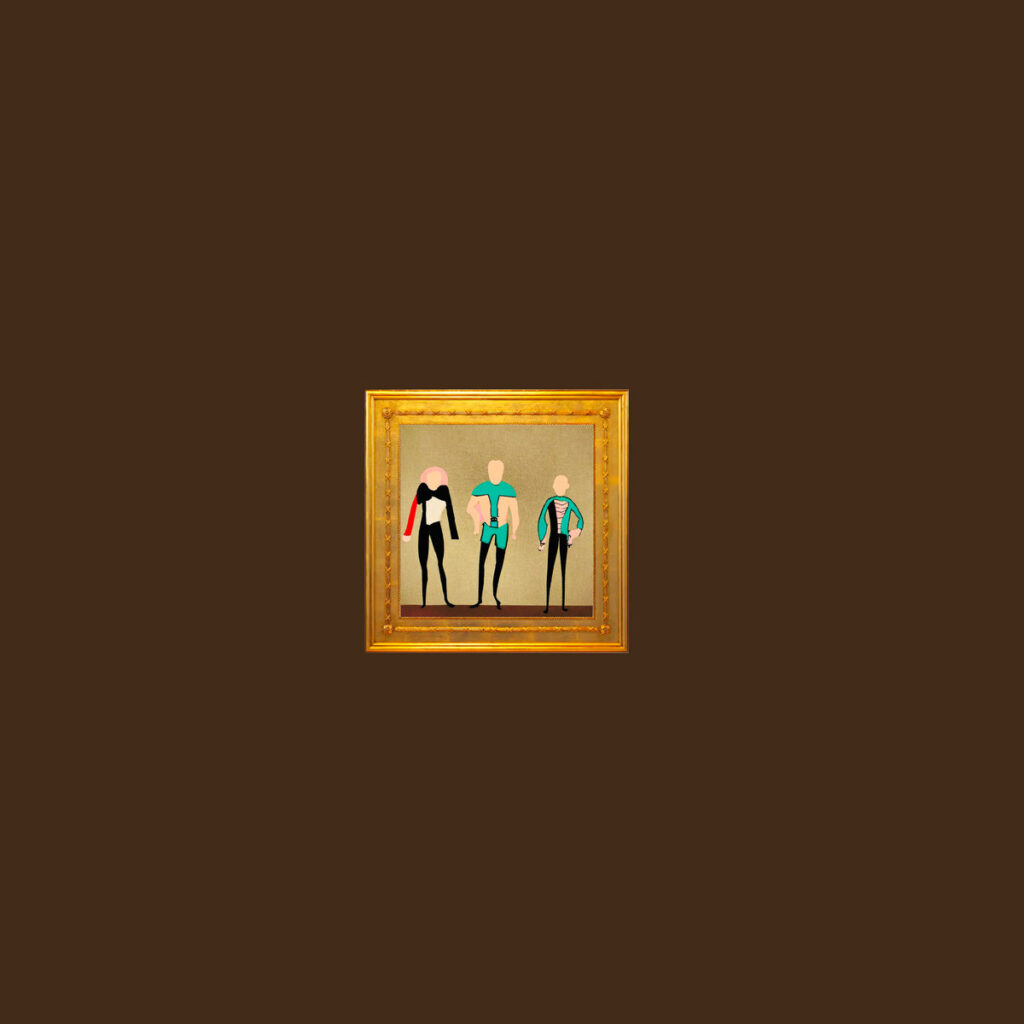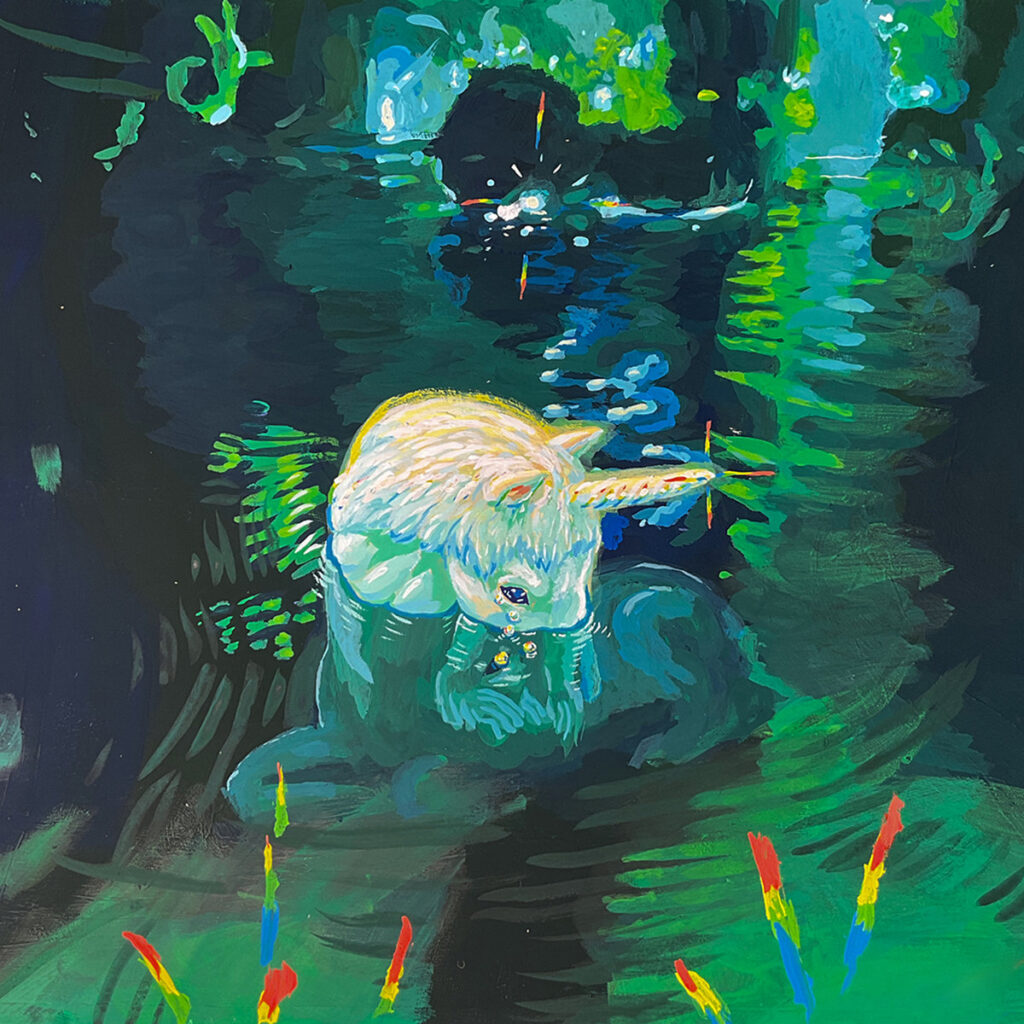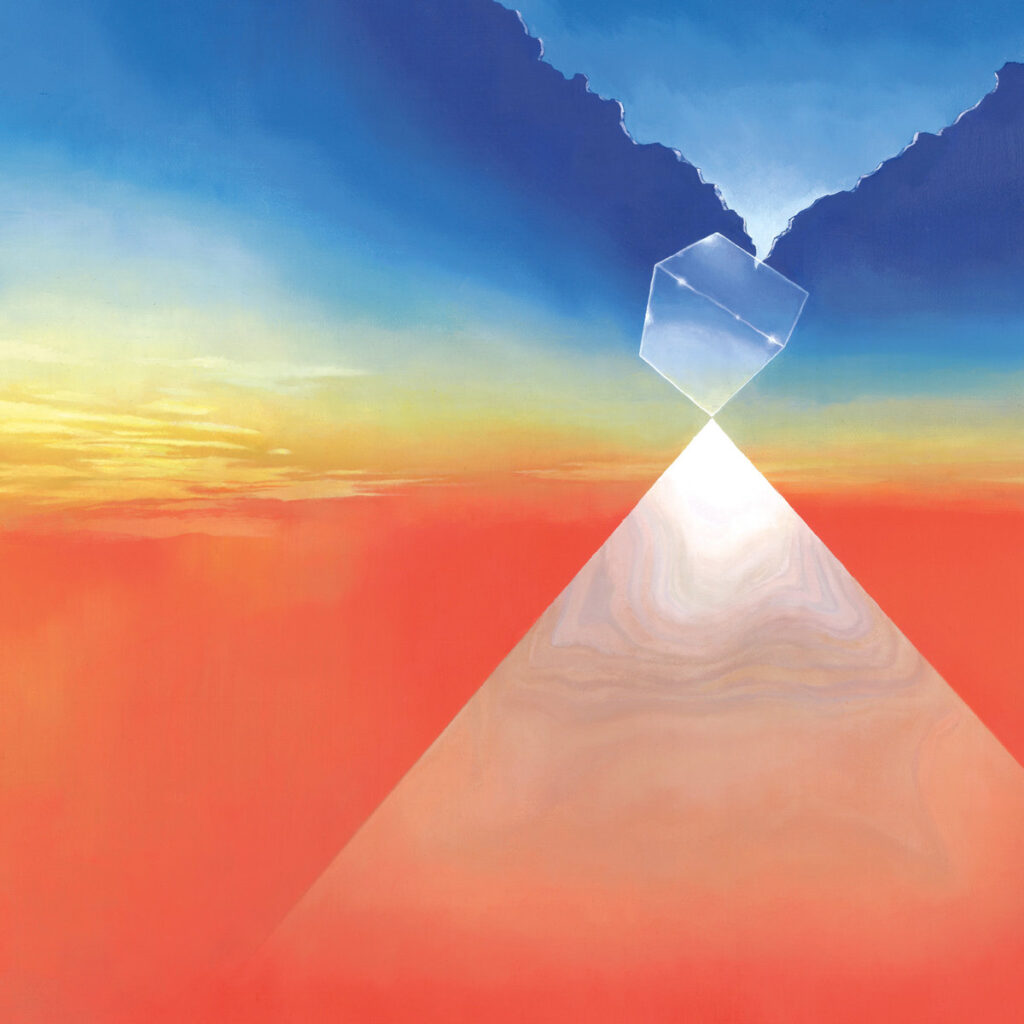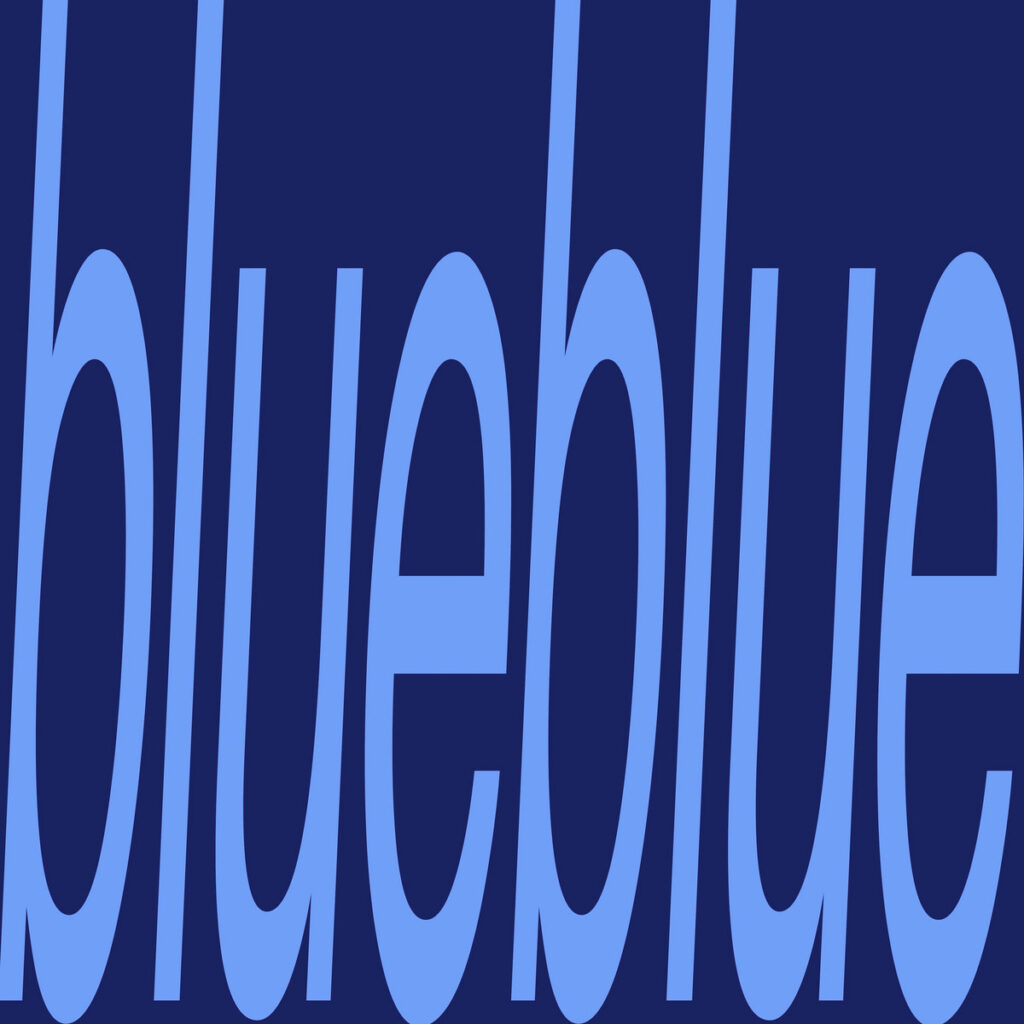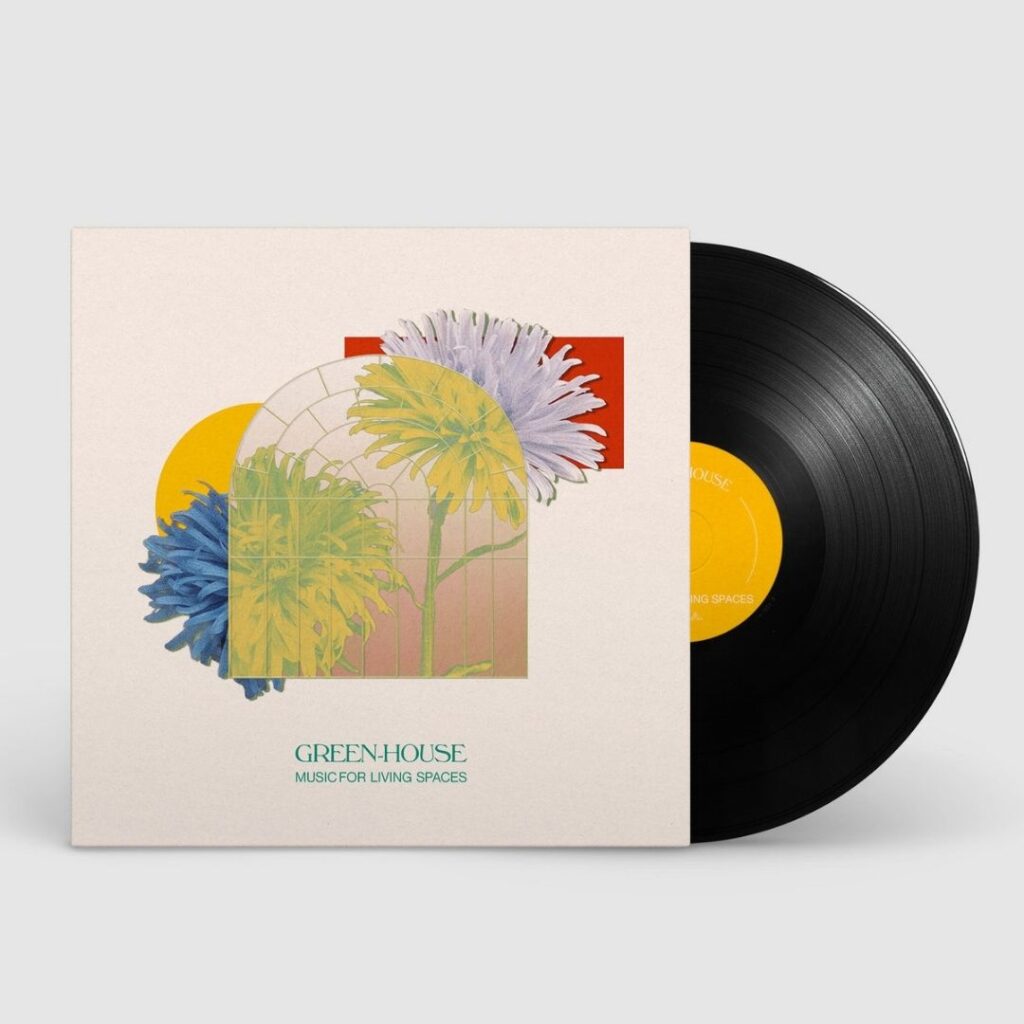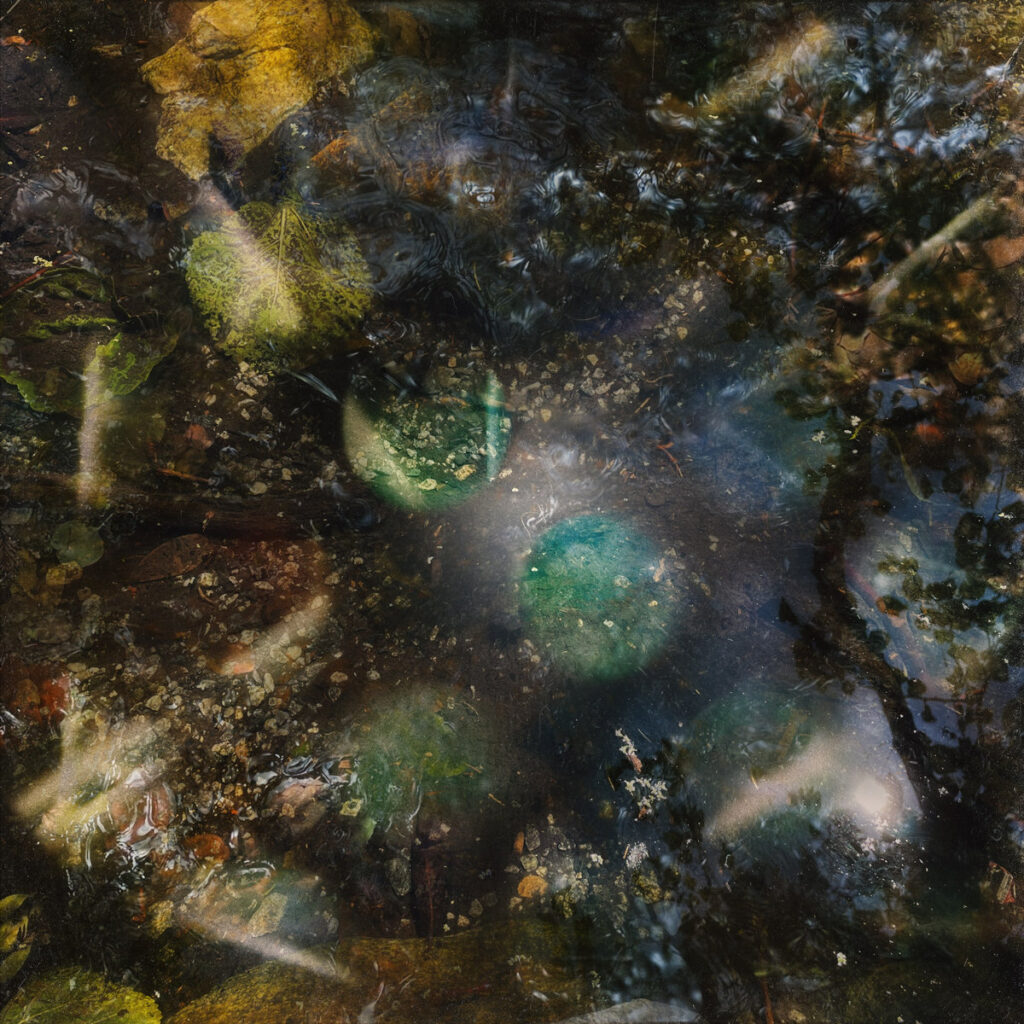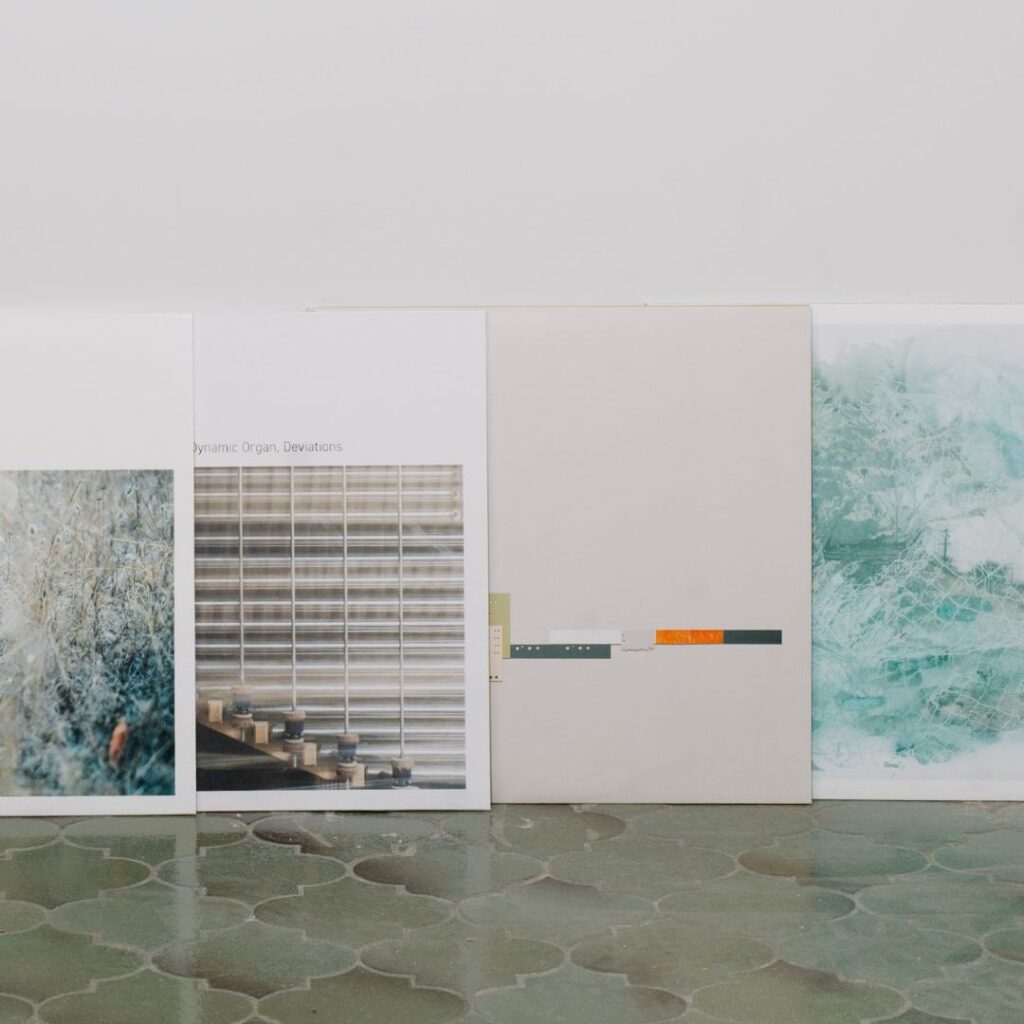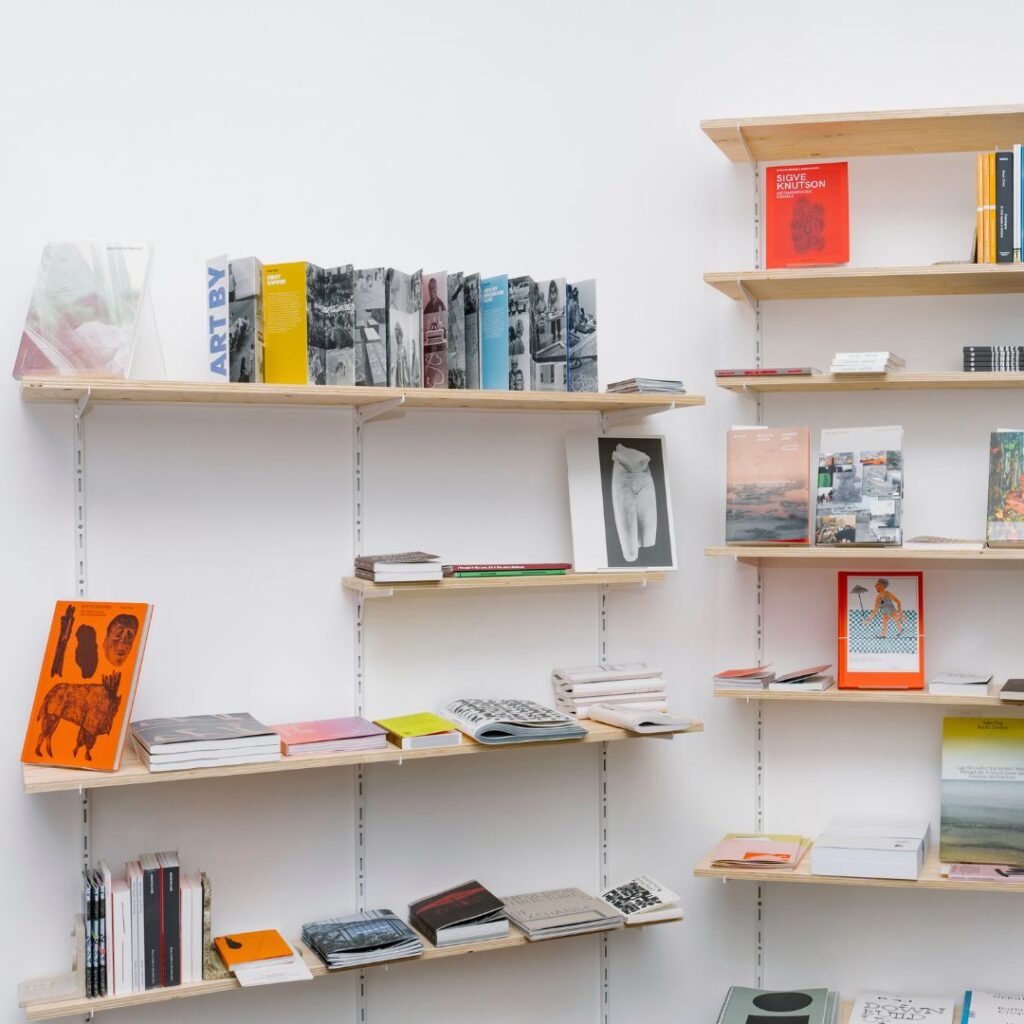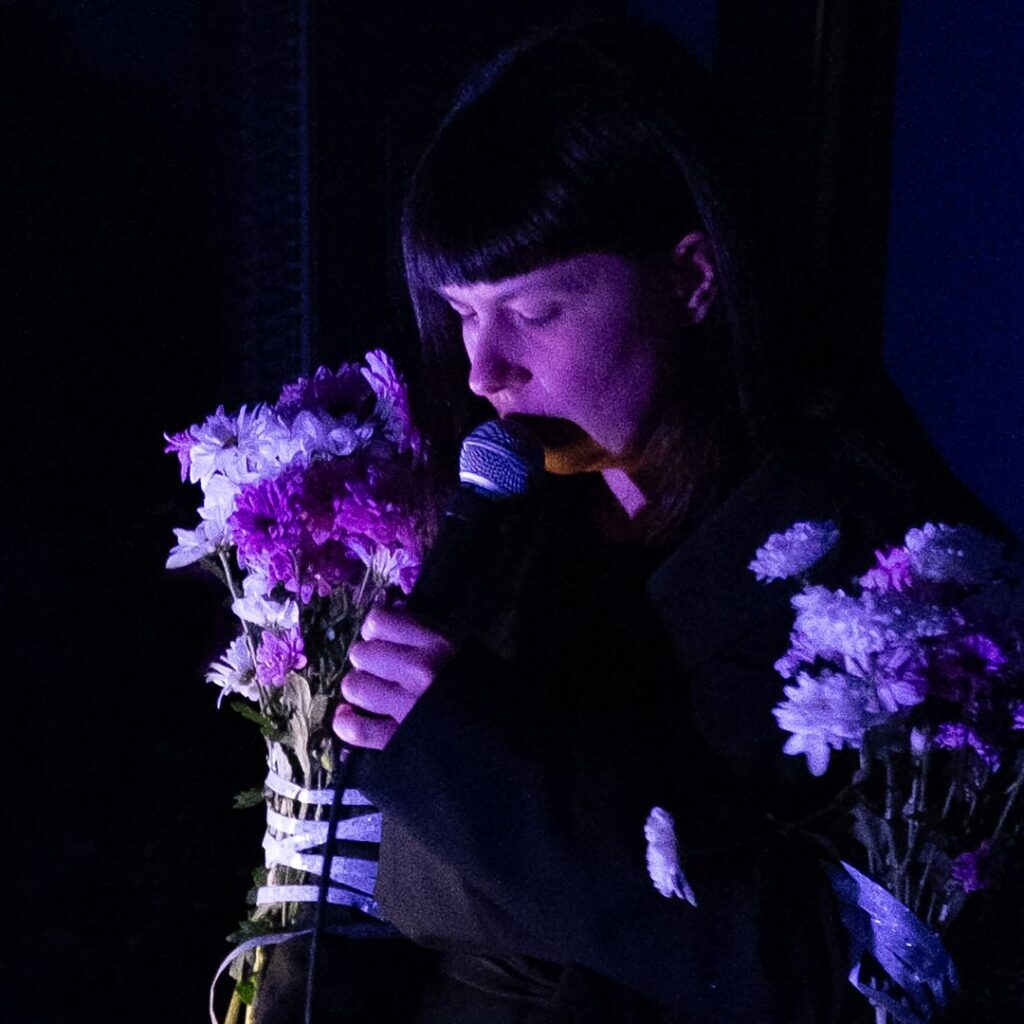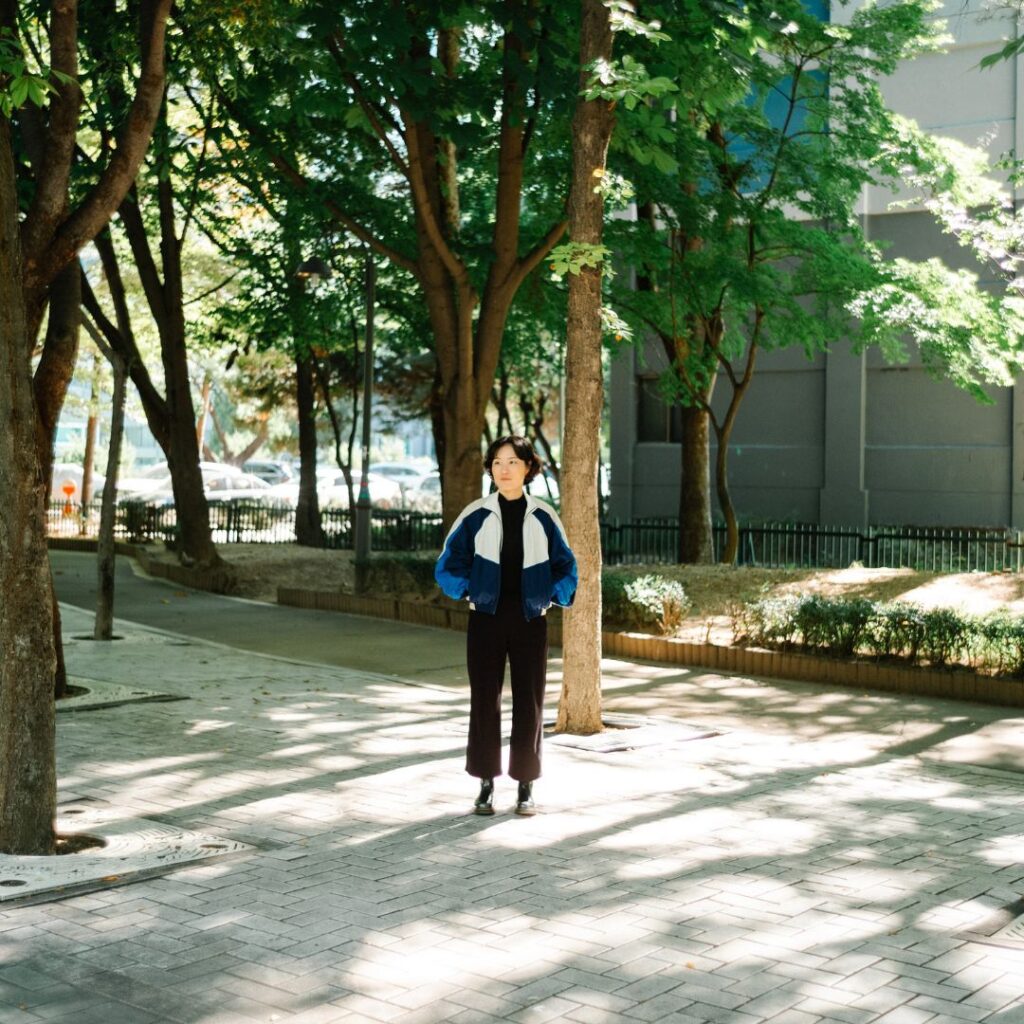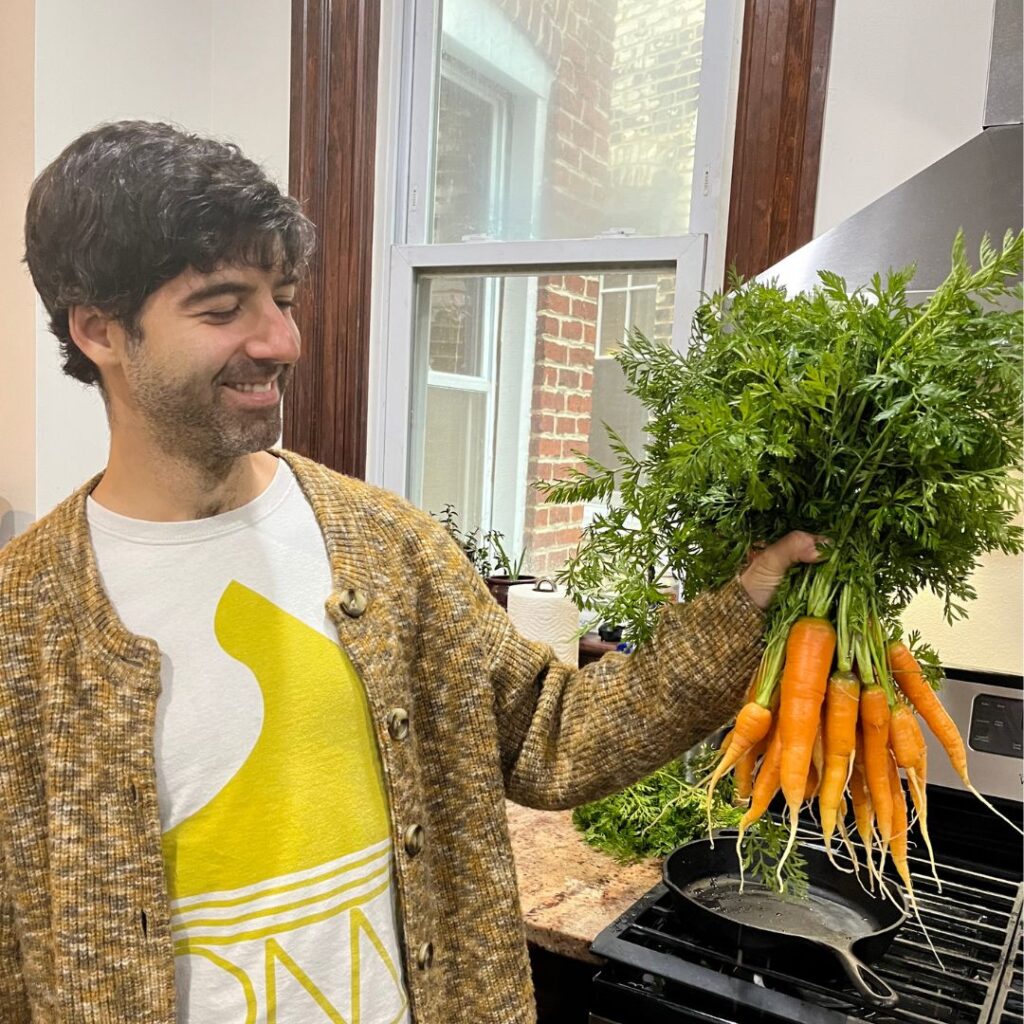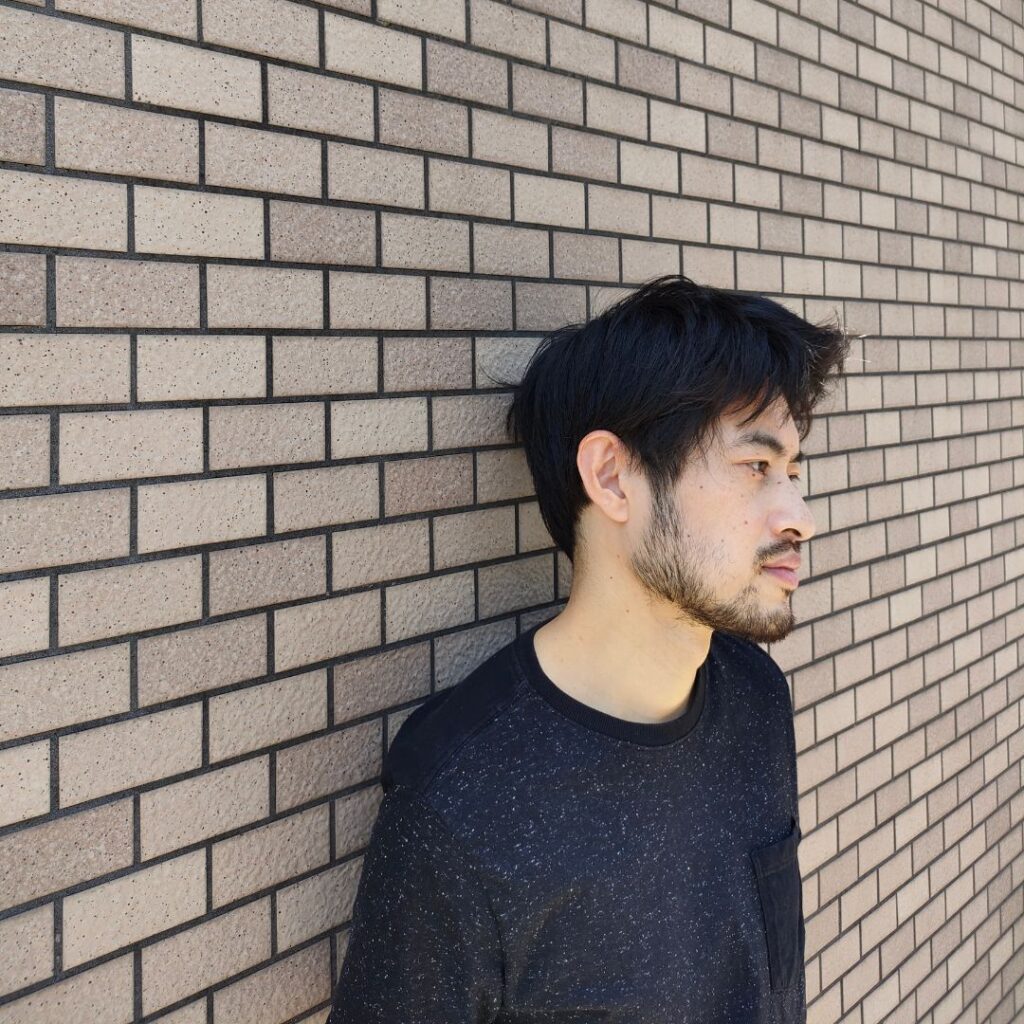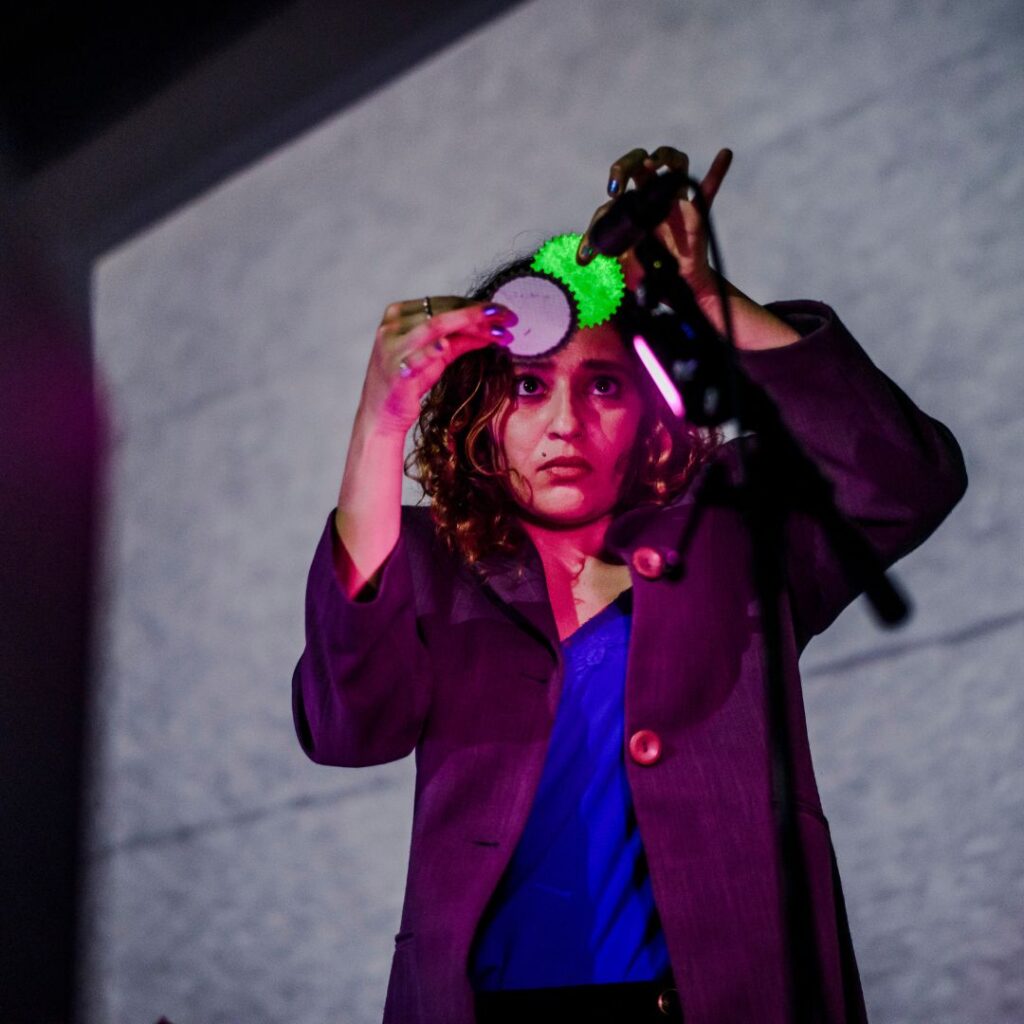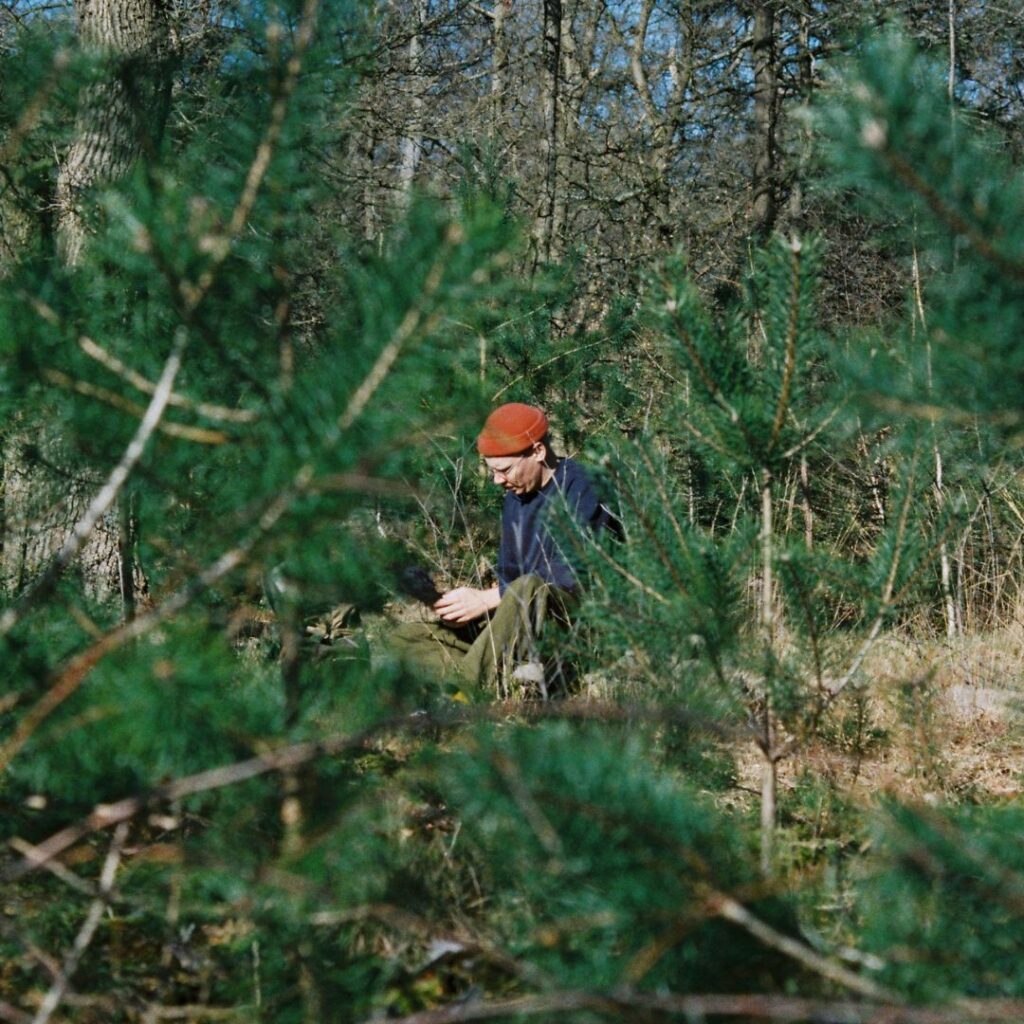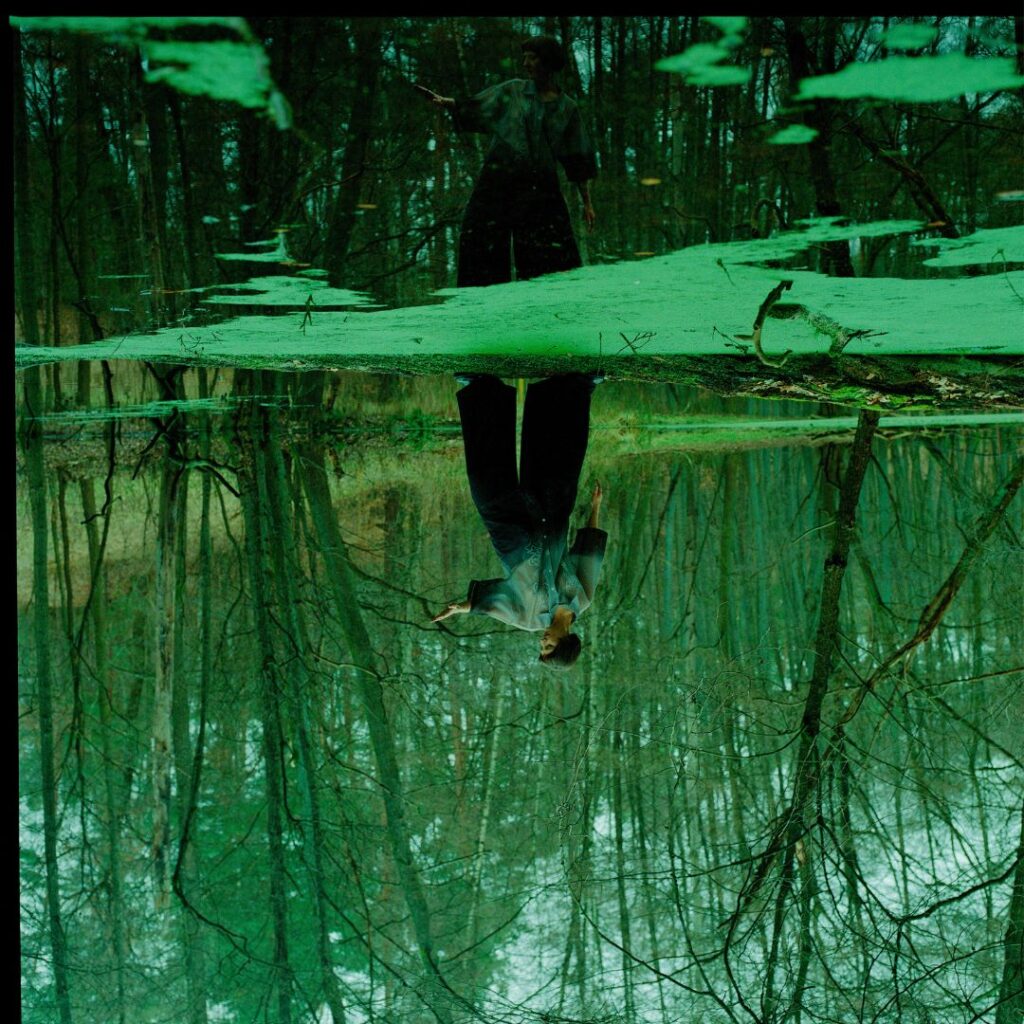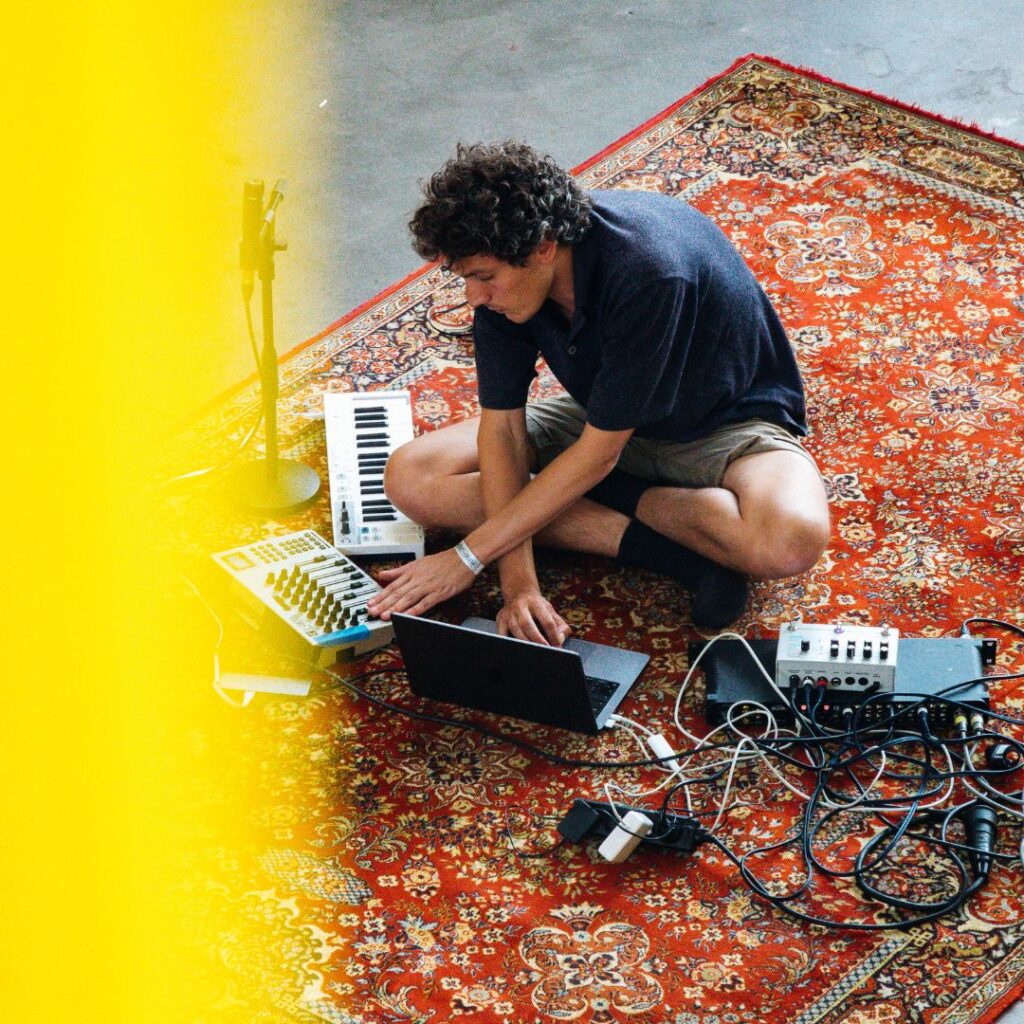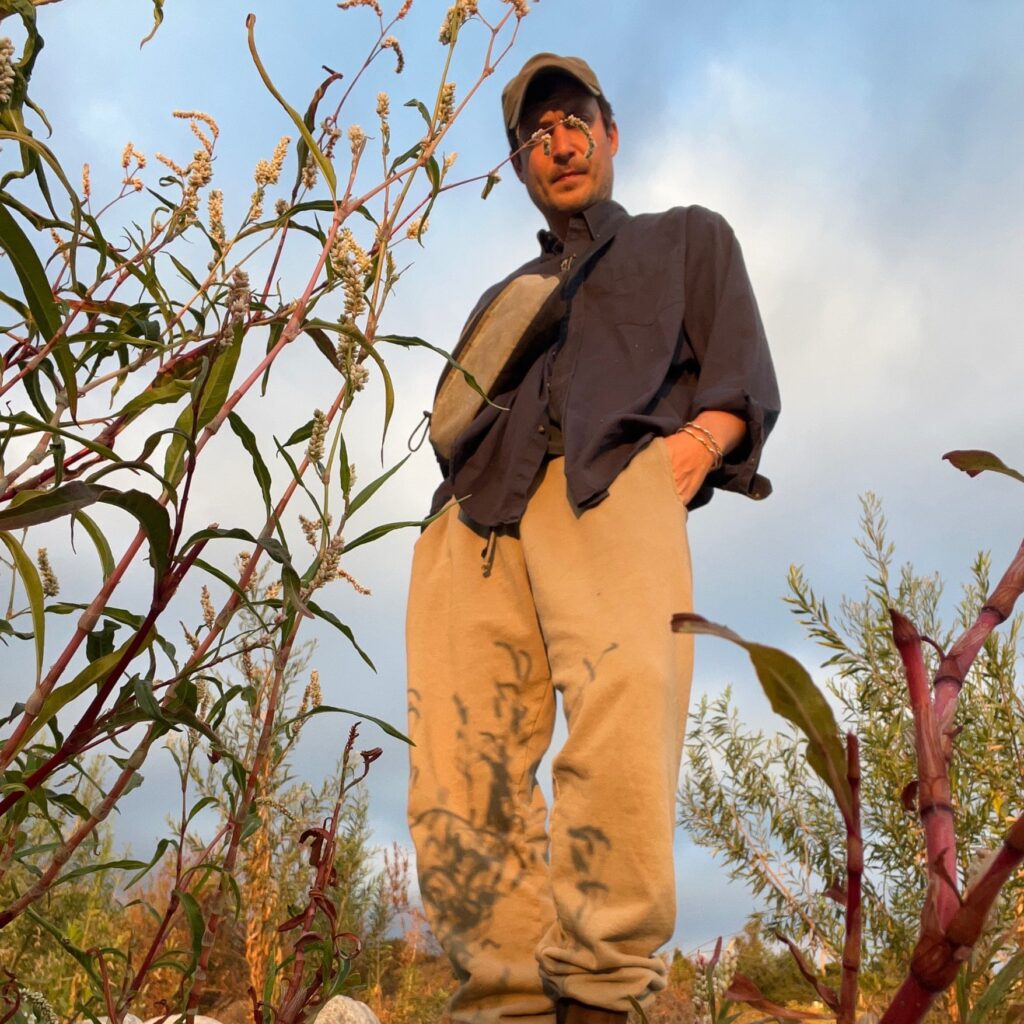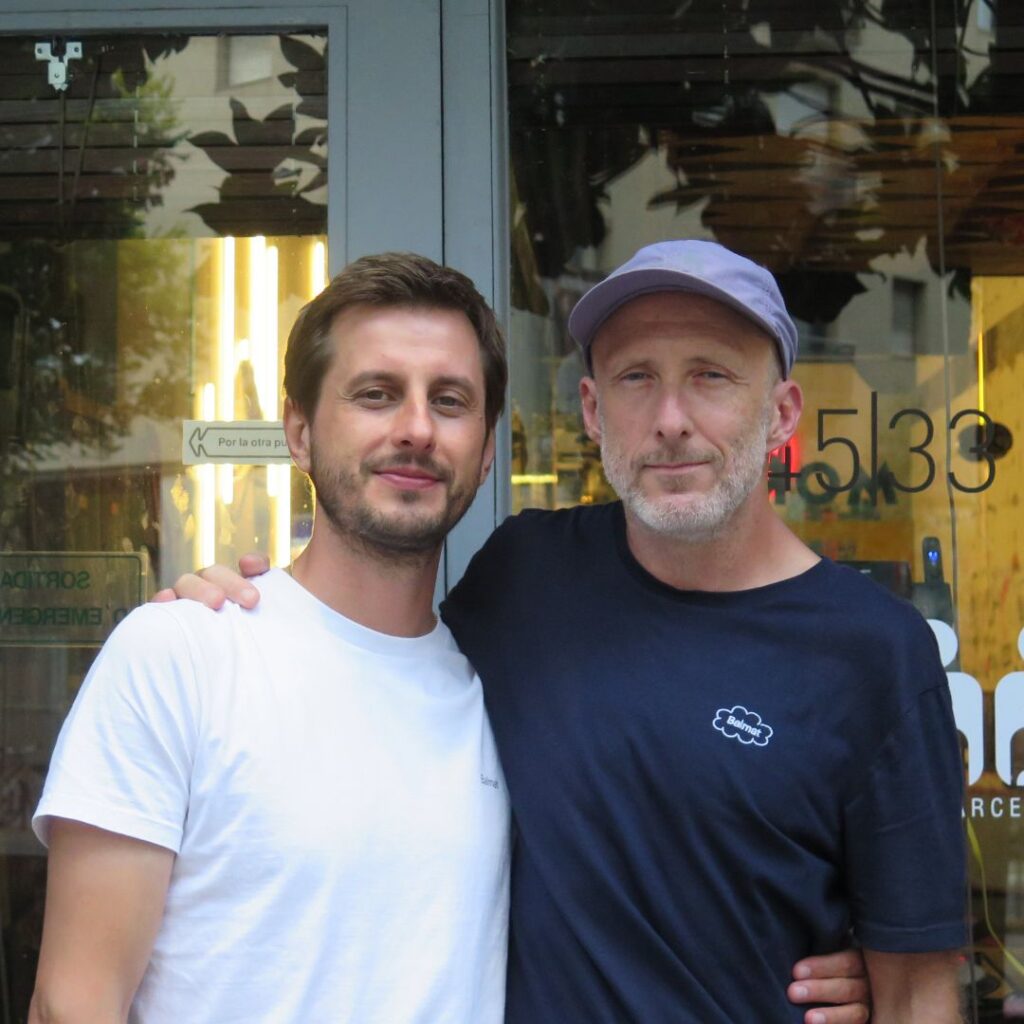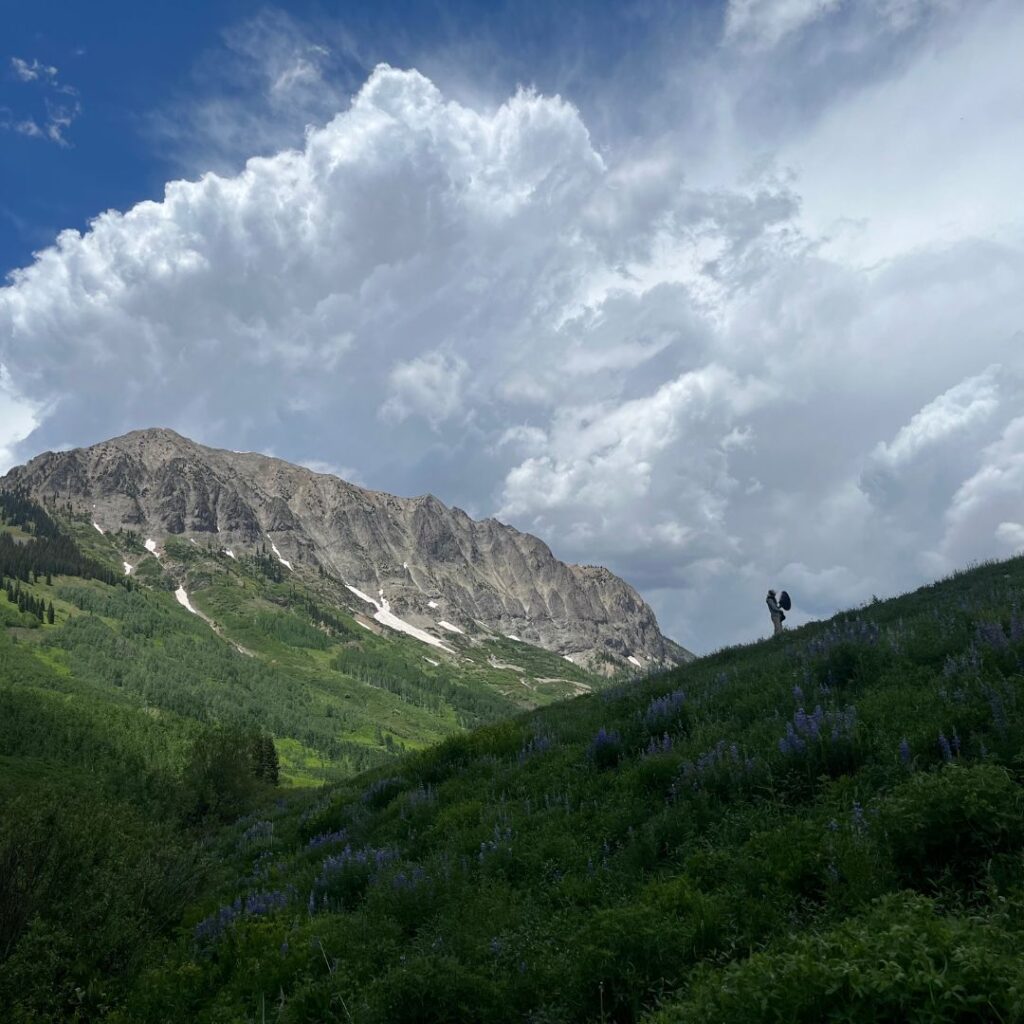proudly waving the genre-free flag with Matthewdavid
We’re big fans of Leaving Records around here. Not only do we love the diversity of their releases and the richness of their sound, we also greatly love how they’re waving the genre-free flag high and proud.
Inspired by the quirky and magical universe they’ve created and continue to shape, we couldn’t be happier to have a chat with Leaving founder Matthew David McQueen to learn more about the strong LA music community, the magic of sample-based music, and the joys and rigors of running a genre-free label.
When we think about Leaving Records, the all-genre Venn diagram comes to mind. Is this an important part of the label?
Yes, totally. I strongly stand by the all-genre philosophy. Not just only in music, but also in so many other parts of life. I feel like it’s a big idea that the world just needs right now. I mean, it all gets down to the core inclusive nature of humanity and us working together.
Lately though, I’ve been thinking a lot about that concept and how much I preach about it. Somehow I feel like my ego is getting a bit in the way of the message. I had someone reply to me on Instagram that I was not being sensitive to genre-specific labels that only purely release techno or what have you. Especially with live music being out of the picture right now, these record labels are having quite a hard time. It definitely made me rethink how I see things. I mean, if you are really into one genre and you are really passionate about it, that’s OK too.
Has this all-genre philosophy been there since Leaving started in 2008 or has it evolved over time?
Yeah, it’s been there from the start, except I didn’t really know it at the time.
Together with my partner Jesselisa Moretti, we started the label because we were in so many different music scenes in Los Angeles and we were pretty much collaborating with a lot of musicians and creatives. We were kind of inspired by experimental music labels releasing all sorts of stuff on cassettes. Not only from the States, but all over the world.
I remember I was really into Finnish freak folk experimental stuff when I started the label. The work of Ras G was also very inspiring to me. That dude was collaging all kinds of weird shit, all while at the same time making really hard-hitting hip hop beats too. It blew my mind.
Hip hop’s always been very non-genre to me. You’re basically sampling from wherever and however. It’s where the genre-free philosophy comes from musically.
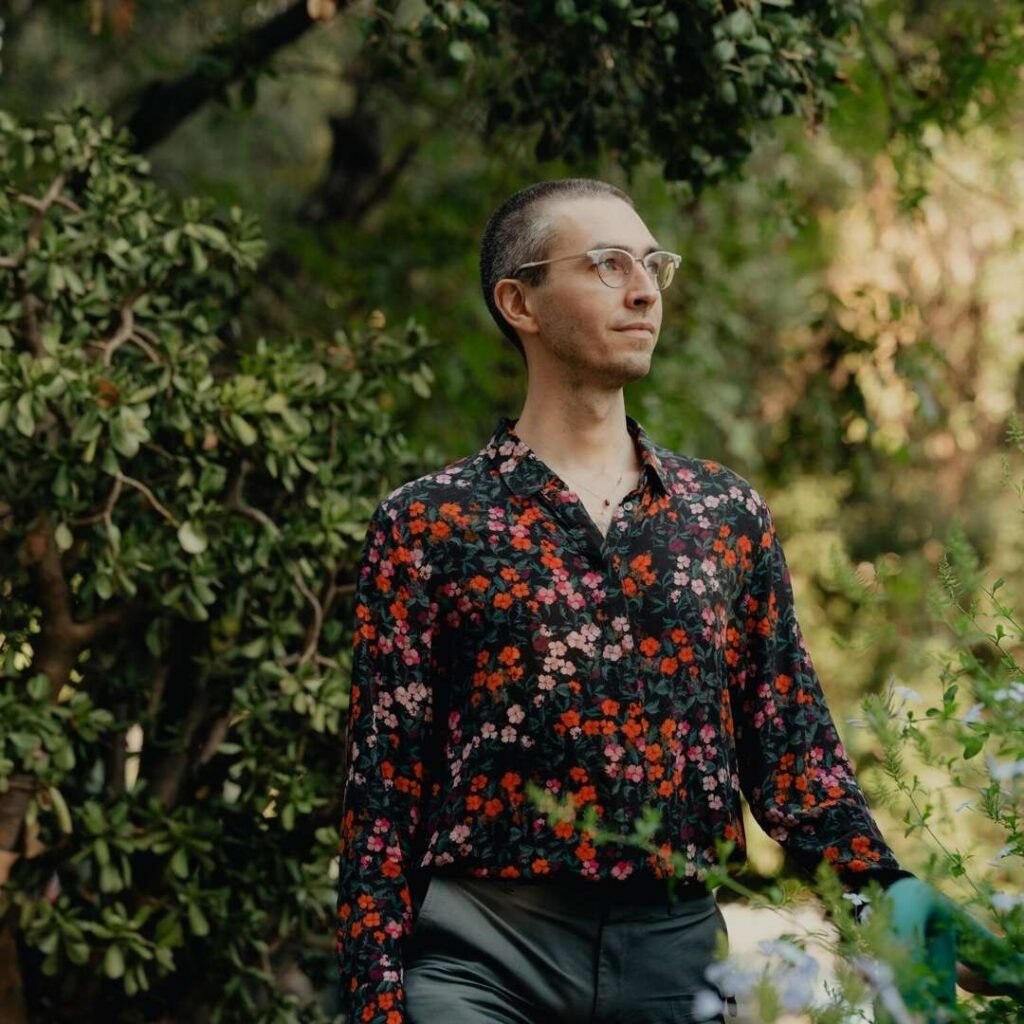
Aside from being headstrong about its genre-free philosophy, Leaving also has LA written all over it. Does Leaving influence the sound of LA, or does LA influence the sound of Leaving?
I’d say both, but it’s definitely more LA as a city influencing the sound of Leaving. It’s just this beautiful symbiosis. The idea of community is really important here. Live music is really a crucial part of establishing and maintaining a community. With that out of the picture, it has been really hard lately. I don’t get the same joy and satisfaction out of doing online events as I do bringing people together in real life.
Leaving started out as a tape label, but now you also ventured into vinyl. Do you have a preference?
I love tapes. I will always love tapes. Everything about tapes is rad and it’s awesome to make. I have a lot of fun with them. It’s very hands-on, personal and accessible, especially from a production and manufacturing standpoint. I also love the sound and I love to experiment with the sound as well, from a music making stand point.
Vinyl is just different. It allows you to share the music to a much larger audience, so it’s a totally different ball game.
Funnily though, people are still scratching their heads a lot when we do tapes. “You put music on tape, what is this?” But yeah, I will probably always keep making tapes on my label. I have a very special place for tapes in my heart.
A big part of the appeal of the releases is also the cover art. We’re curious. How involved are you as a label with how your releases should look like or is it mostly an extension of the artist’s vision?
At the very beginning, we were just kind of working based off a template. The art and visual director, who was my partner and co-founder at the time, directed each release within that framework. We would take the artist’s cover art idea and integrate this within the template.
When my partner left the picture, I carried on with that way of working with our artists. Sometimes the artist just leaves the artwork all to our hands, but other times, they have a very solid visual idea or concept of how they would like their music represented. It’s mostly finding a way to blend it all together and integrate that within our aesthetic. In the end, it’s all about working with the artist and allowing the expression to flow.
How about the music itself? Do you take an active role in shaping the sound together with the artists?
There’s quite a bit of involvement sonically, though it’s mostly engineering. I mean, it’s the artist’s work. It’s not my work. I’m not going to say, “I don’t want this one, I don’t want that one.” I am going to take on a project based on the whole work basically.
I do share my feedback about certain things, but it’s always coming from a loving and encouraging place. It does get cool sometimes. As I’m an audio engineer and producer, I can work with an artist to kind of craft or present their sound sonically. Sometimes I feel that a song is really beautiful, but it’s sounding a little flat, or maybe the vocals aren’t as good as they could be. Then I ask, “how would you feel about it if I were to mix or maybe remix some of this stuff? Like maybe I can provide a very experimental mastering treatment, so it sounds more lo-fi?”
Being able to add to the whole sort of sonic tapestry of Leaving is something I can really enjoy and appreciate.
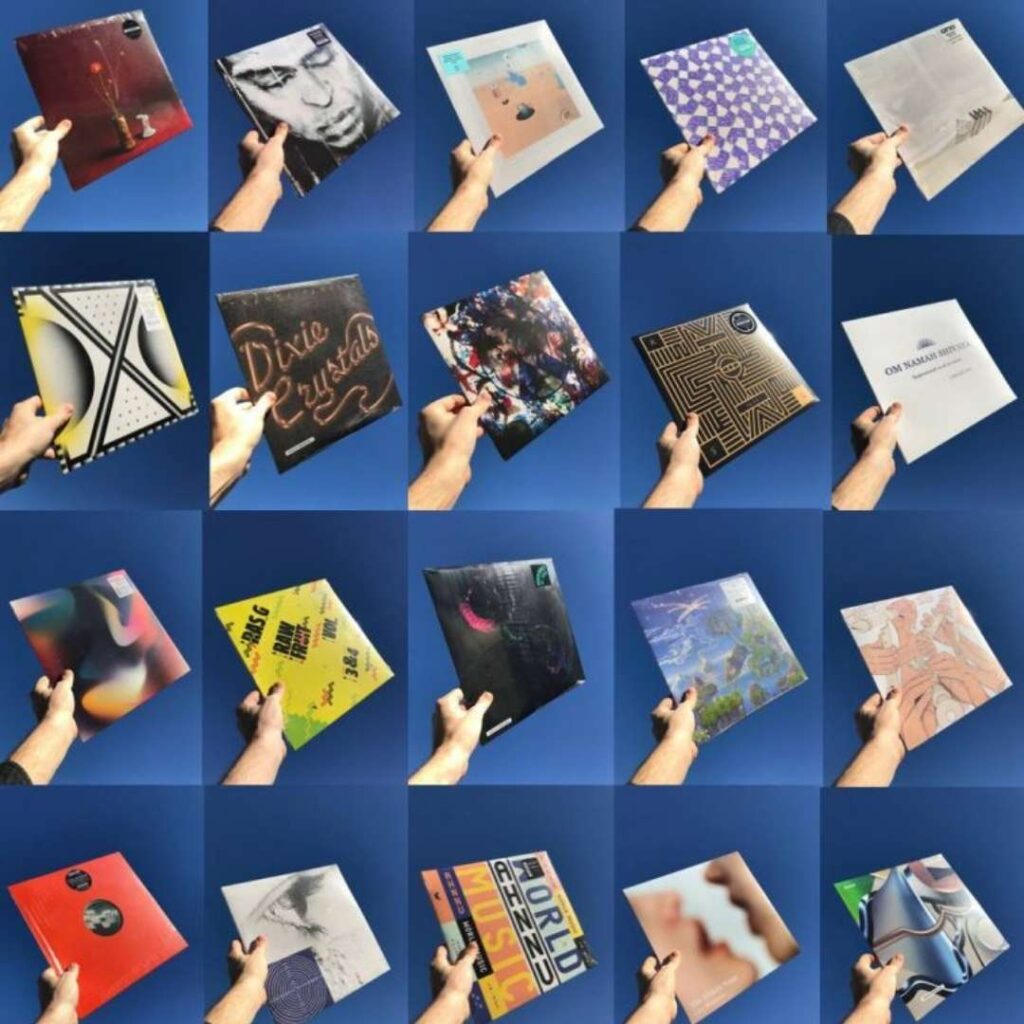
How would you describe Leaving’s sonic tapestry to, say, anybody who hasn’t heard any of your releases before?
Well, often the sound is described as lo-fi, but I don’t think that low fidelity is necessarily the right word. It’s just experimental or maybe it’s not conventional. Maybe textural is a better way to talk about it. I like texture and I love experimenting with sound.
Maybe that’s what we perceive as the distinct LA sound and what makes your releases very recognizably Leaving.
Sure. Totally. I don’t always hear that all the time, so it’s nice for you to say that. Like, oh you’re right, there’s the magic sauce. The LA sound that people talk about. I think Leaving has definitely carved out quite a nice bit in the LA overall sound makeup. That’s something I pride myself on. I feel honored honestly. But again, like we talked about earlier, it’s the city informing me and the diversity in culture here. All the music scenes I participate in also inform me too as a curator. It’s just that beautiful give and receive, back and forth symbiotic relationship with the cultural fabric of the city.
Do you mostly find the artists or do the artists find you?
I think because of my position in this music industry or, how I prefer to call it, community, I am able to interact with and discover a lot of incredible music and art. I know a lot of awesome musicians, who know about a lot of awesome music happening in the city, so I am always discovering so much new music through the community.
At Leaving, we also do quite a lot of events and shows in the park and it’s not always the artists on our roster performing. Organizing these events takes a lot of work, but there’s this incredible gratification and purpose of that work when it’s happening in front of your nose, especially when there are people coming from all different corners of the city and all different cultures and all walks of life. It’s like an incredible reward that you can’t get anywhere else. That’s what keeps the discovery and the searching alive. It’s a community. I am really missing that a lot. Hopefully one day again we can organize them again.
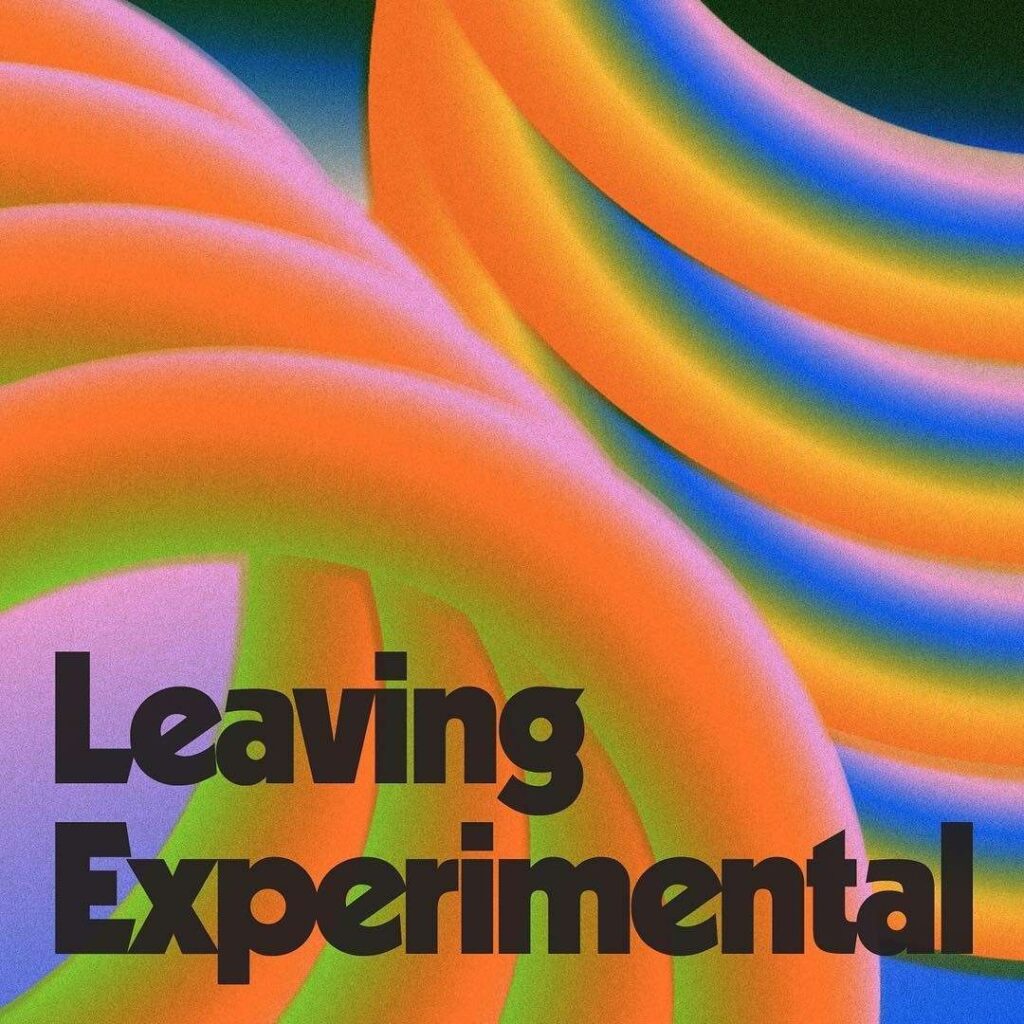
You also make you our own music as Matthewdavid. How much of Leaving seeps into your own work?
I definitely proudly wear the New Age tag on my sleeve and I like this kind of concept of experimental New Age. But the thing is that New Age in itself is already experimental. It’s just kind of become an umbrella term for experimenting with therapy and in this context, music. I like to own that, and also being influenced by, not only by all the artists and musicians I’m in collaboration with, but also the sound of Leaving. That’s in me too. I make that too.
I still like to make beats and would like to make some more. I actually just hooked up my turntables again, so I can start scratching. I come from hip hop and scratch DJing too, so I’m trying to get back into that.
It’s just that now and lately, I carved a lane in this weird experimental New Age-y psychedelic ambient space. I don’t really like calling it ambient, but it is and that’s fine. I like getting a little bit more crazy with the genre tag. I like it to be very multi-faceted and weird. It’s just what I’m drawn to making and experimenting with.
How did that all start for you?
I love to sample from privately-issued new age music on cassette. It’s often the only place where you can find some of this weird, obscure American music from the 80s, 90s and sometimes from the 70s. There is still a lot of discovering and unearthing work to be done in this genre that people are now just starting to take seriously.
I remember doing community service at a thrift shop and all of these cassettes were just coming in. At that time, I was collecting hip hop tapes and sampling in a more traditional way, mostly looking for drum breaks. Sooner or later, I started sampling from New Age tapes because I wanted to extract the useful, functional, therapeutic, relaxing, environmental purpose of this music.
New Age music in America is really fascinating to me. It has the same embedded philosophies as punk in terms of its DIY approach, but the music is more psychedelic and experimental. A lot of the time, it’s also just very relaxing and pleasant to listen to.
Next to American New Age music, I also feel that people are starting to find out more about Japanese New Age and environmental music because that shit was happening and has been happening. Their minimalistic, detailed approach to Japanese art is so very fine-tuned and precise and beautiful and intentional, and that’s really coming across.
Collecting privately-issued New Age music on cassette has opened me up to embracing and accepting music that I didn’t validate before or that I didn’t take seriously in the past. Music that I thought was cheesy and had no place now suddenly has new life and meaning to it. And this is interesting to me as a sample-based artist. Sampling music is recontextualizing the source. It’s a deep and fascinating and very personal concept. It’s really seeing the multi-dimensionality of a source and identifying the universe within everything.
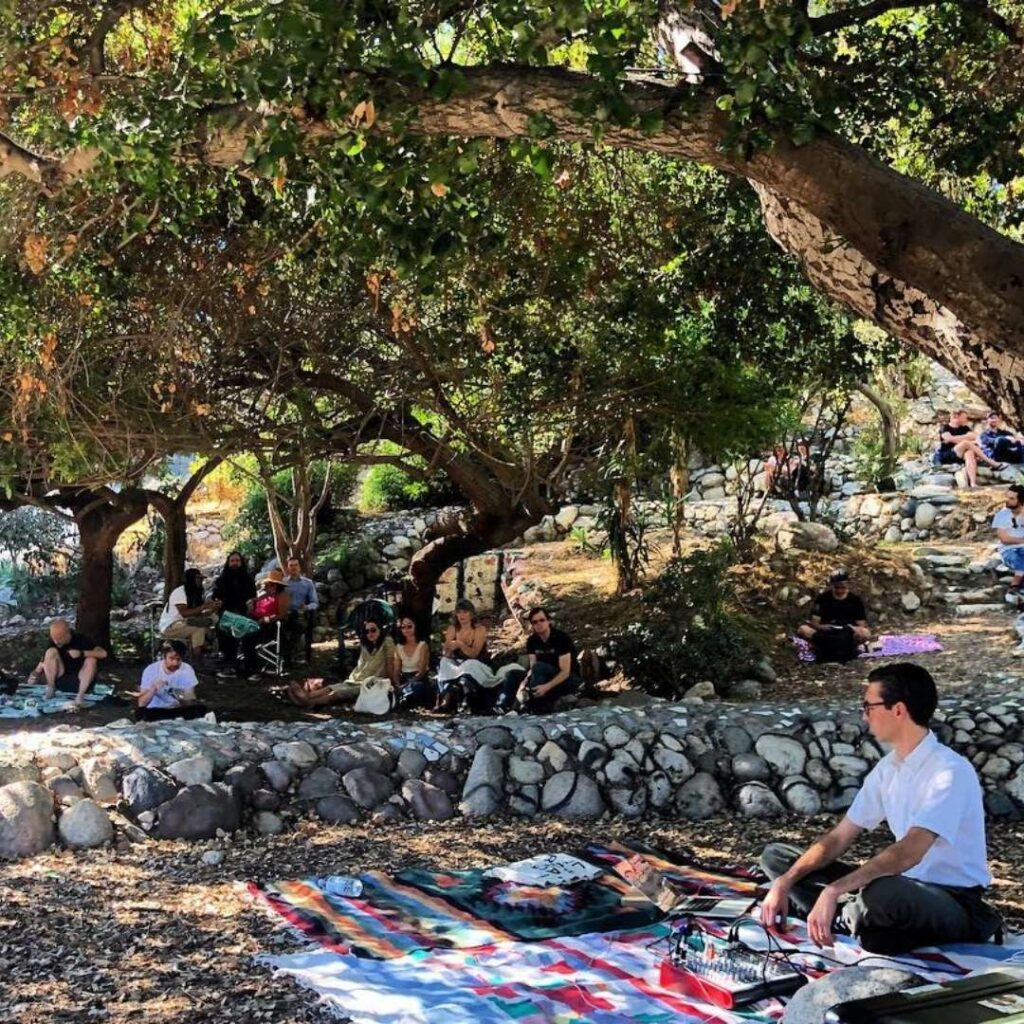
When we look at the artists you collaborate with, they also often use music as a way to express their spiritual journey. Is that something you actively look for in the artists you work with?
I think it is kind of all intertwined. I’m attracted to things that just click. I think all of that stuff needs to be bundled up and going at the same time and that’s what establishes the connection. I’m attracted to stuff that’s just sort of unfolding and fluidly churning and making up this complex, beautiful organism, because that’s me.
Everyone has their own sets of beliefs. I wouldn’t say that all the Leaving Records artists are as spiritual as me, because I consider myself as a spiritual person, but that’s not a deal breaker. I have a spiritual connection with music, and all the music I release on Leaving, I have a spiritual connection to. Someone like Carlos Niño obviously represents his spirituality very loudly and it’s very obvious in the music too to me. But not every artist needs to be that way to me for me to have a spiritual connection to that music.
You know, Carlos is a mentor to me. I’ve known Carlos for so long. He knew me before really anyone did in the city. And he’s given me so many gifts over the years. It’s an honor to be able to release his music finally. I never thought I’d be releasing a record with Madlib and Iasos on the same record. I love it. Carlos is an incredible facilitator. He’s introduced me to people that no one else could, like these luminary elderly figures such as Laraaji and Ariel Kalma.
Such an interesting conversation. Thank you for sharing.
I love talking about stuff. Thank you for listening to me, go on and on about it. I’m obviously very passionate about this and it’s a very deep part of my soul. And I love connecting with others that share that passion and interests.

